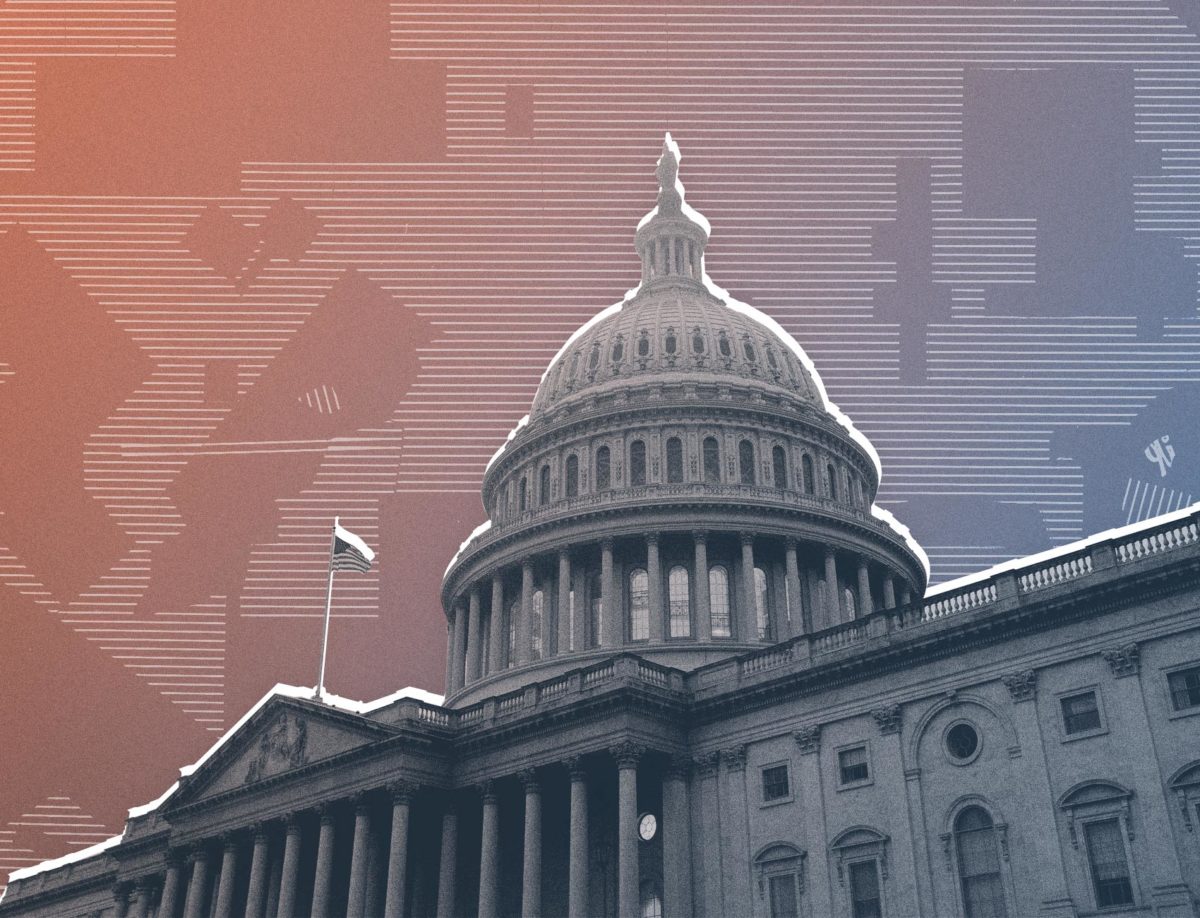
The Senate Filibuster Is Hollowing Out American Democracy
If Democrats win control of the Senate, allowing this archaic tradition to survive will make everything of significance the party hopes to accomplish virtually impossible.

If Democrats win control of the Senate, allowing this archaic tradition to survive will make everything of significance the party hopes to accomplish virtually impossible.
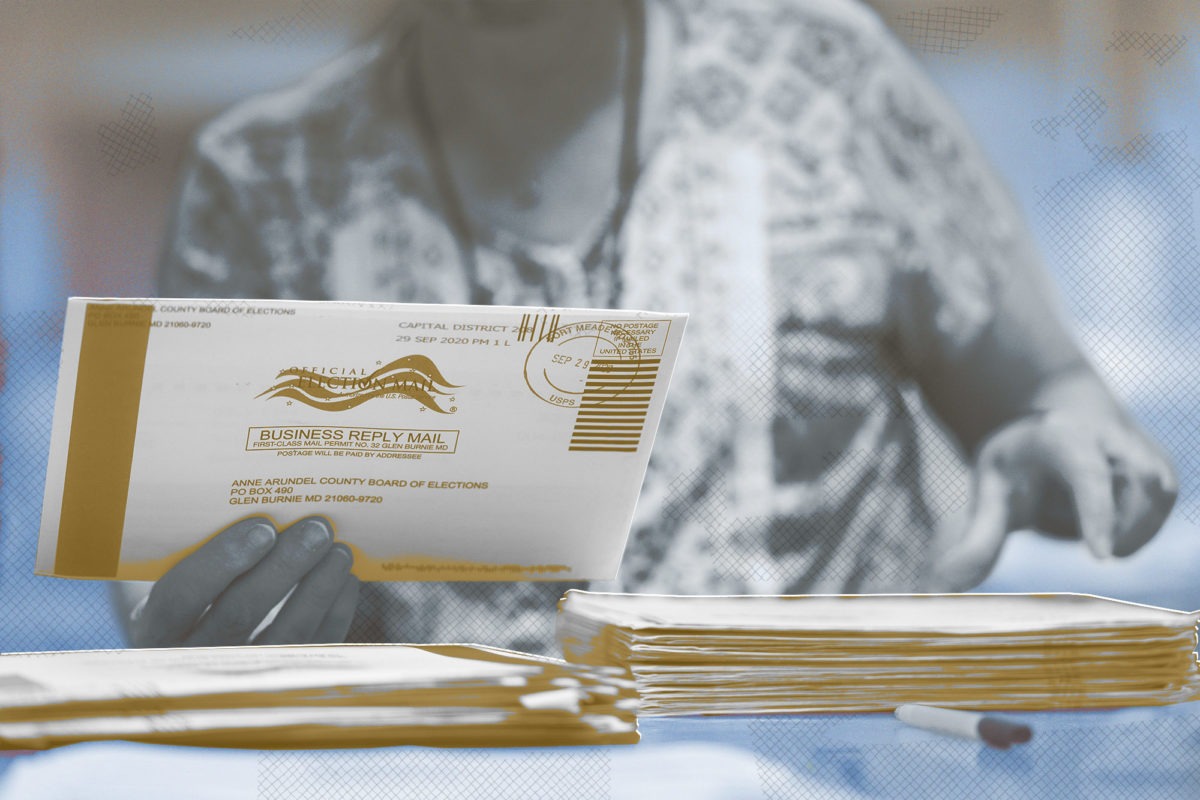
In a presidential election likely to take weeks or months to decide, the race to name a winner on Nov. 3 could do tremendous damage to the integrity of the vote-counting process.
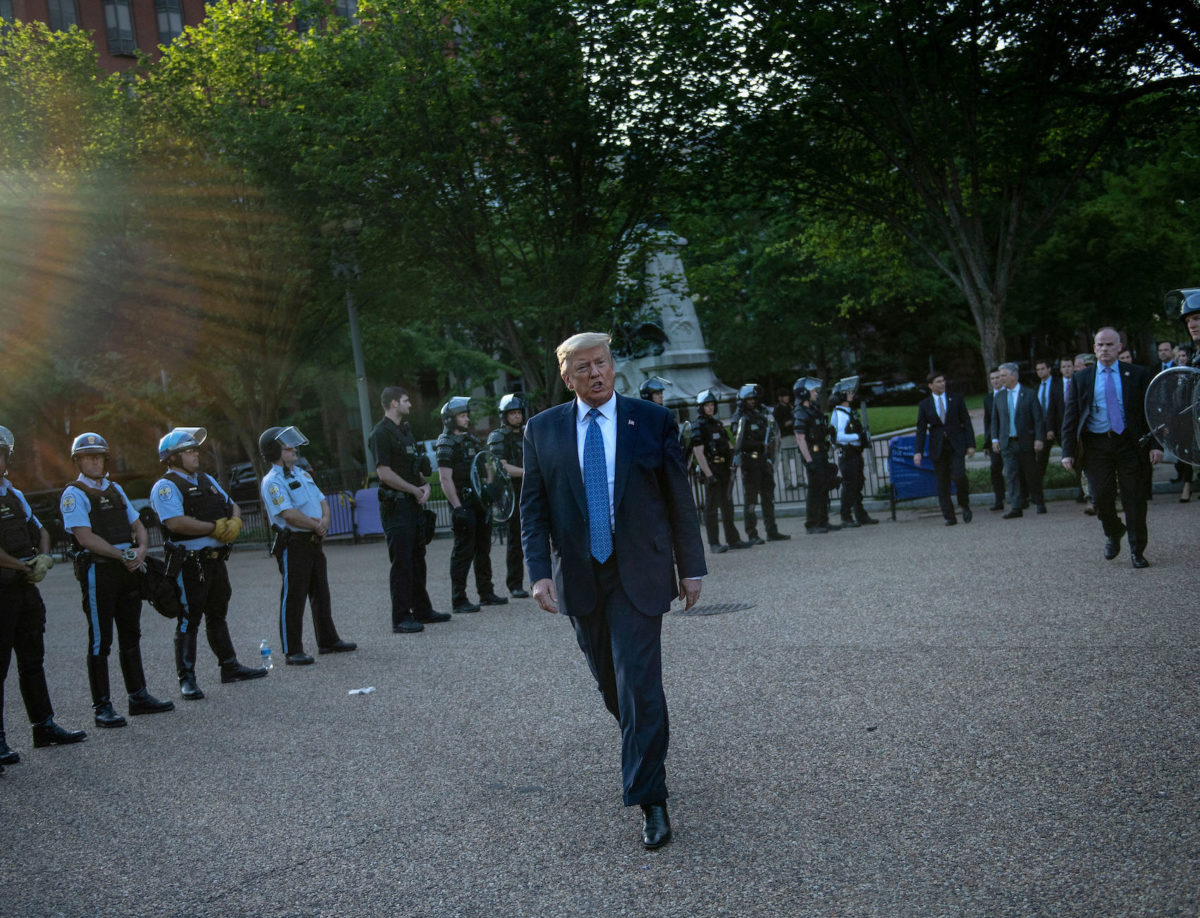
Mayors of liberal cities love to criticize the president’s incendiary law-and-order rhetoric, but do precious little to check police violence and bloated budgets in their own backyards.
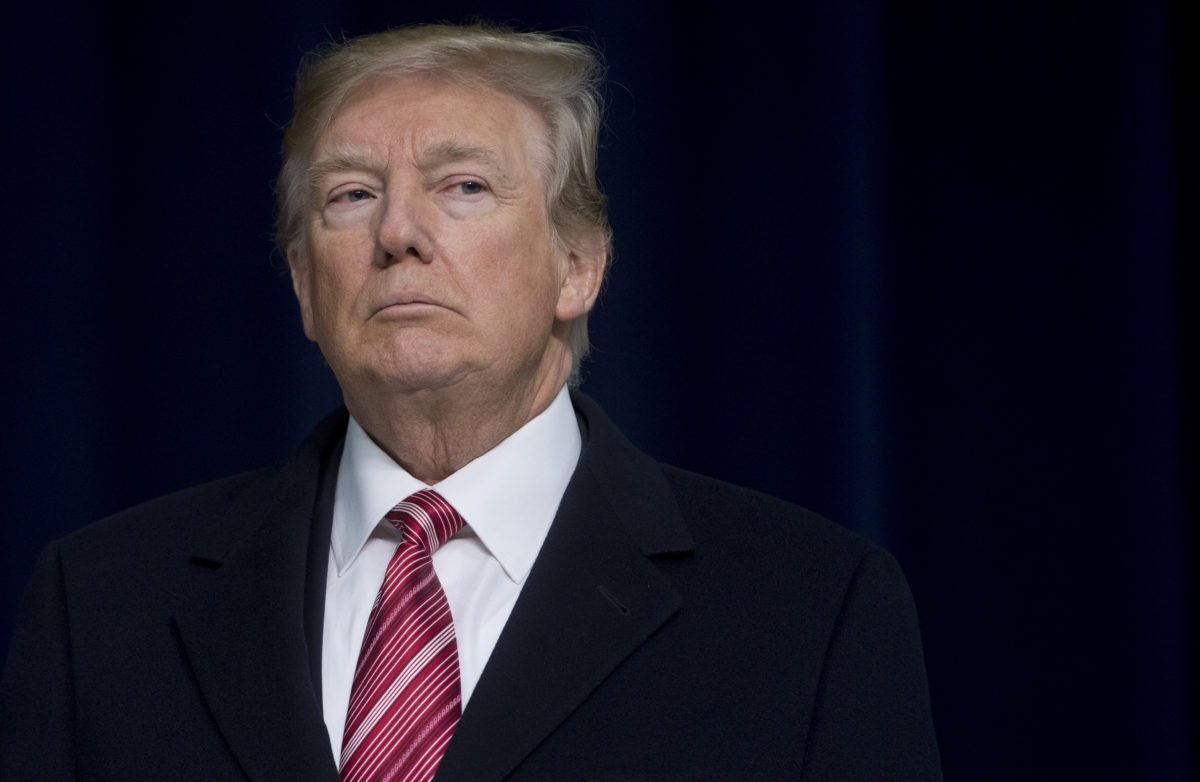
Under the guise of restoring public confidence in law enforcement, President Trump’s secretive and regressive Commission on Law Enforcement is stacked with old-guard failed tough-on-crime thinking that precipitated the crisis of confidence we now face.
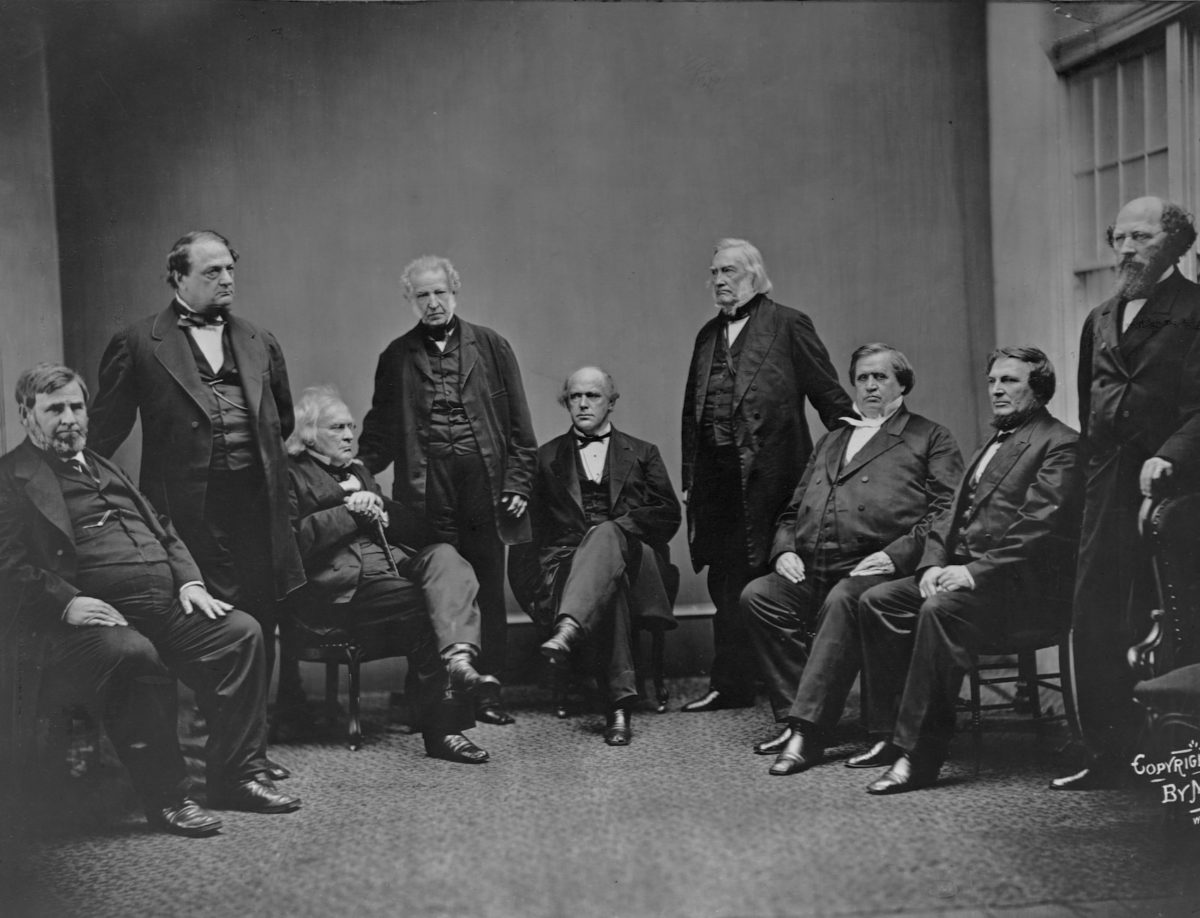
Rebalancing the nation’s highest court is a reasonable, proportionate response to a system that failed a long time ago.
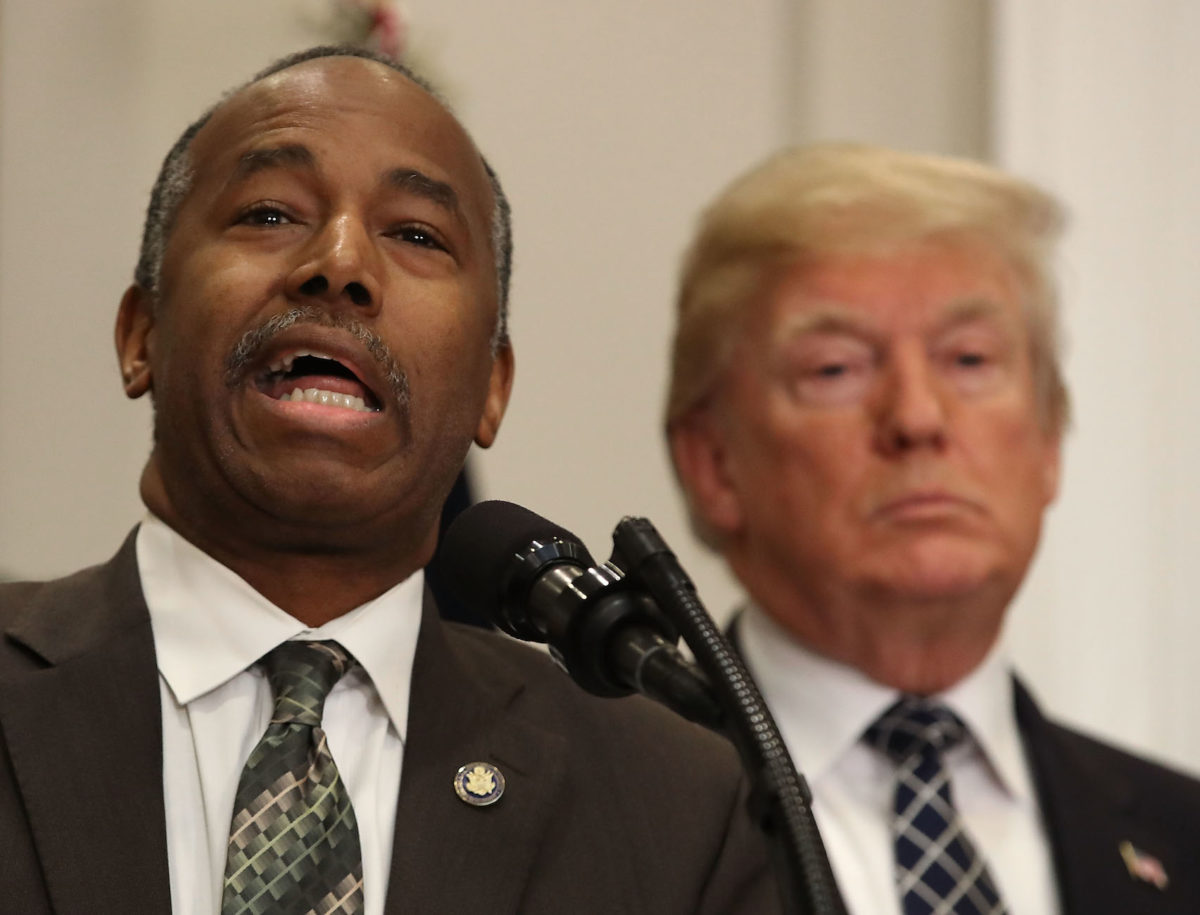
The Trump administration mishandled COVID-19, creating conditions that left transgender people even more vulnerable to housing instability than before. Now it’s pushing for a rule change that would allow homeless shelters to discriminate against trans people.
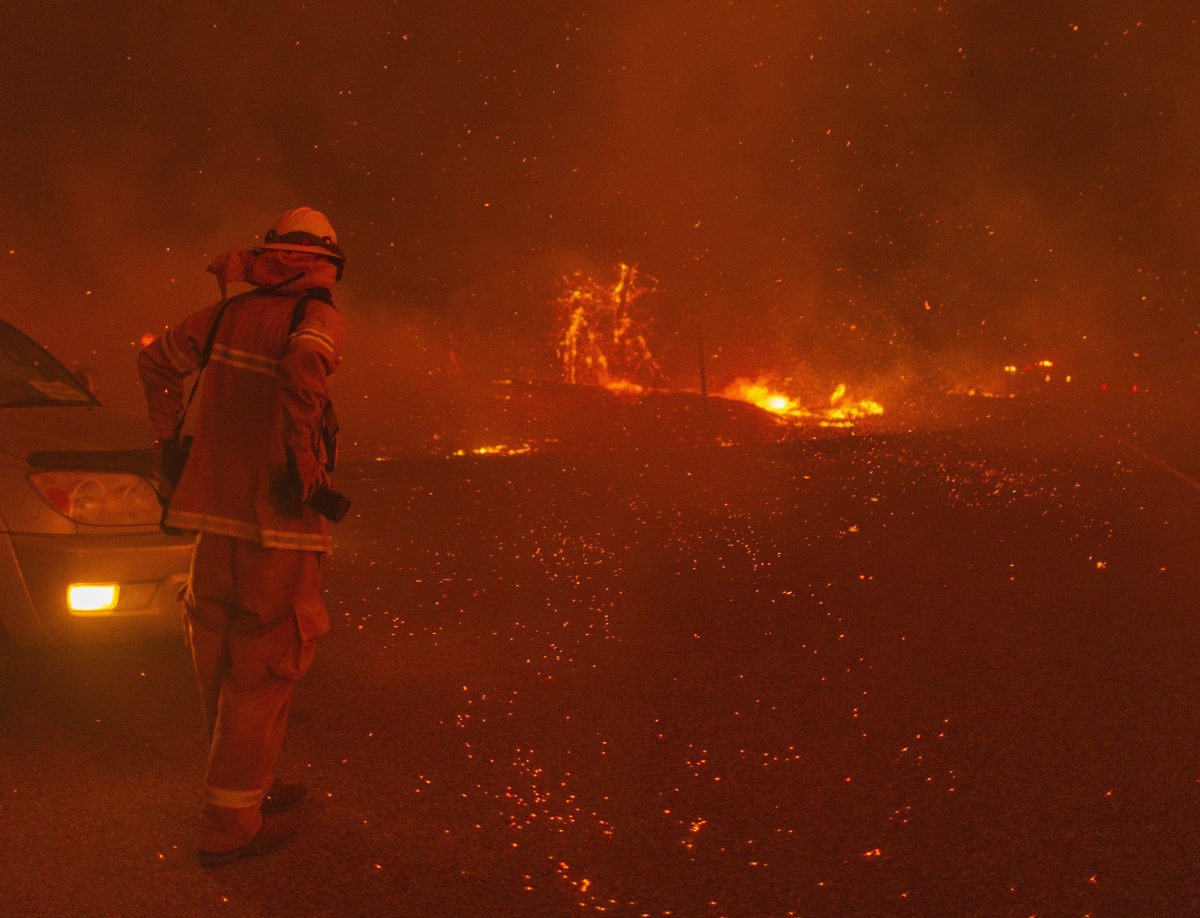
California just made it a tiny bit easier for formerly incarcerated people to become civilian firefighters. But the law still leaves many obstacles in their path.

Sports venues like the new SoFi Stadium have been crushing poor communities around the country for over a century.
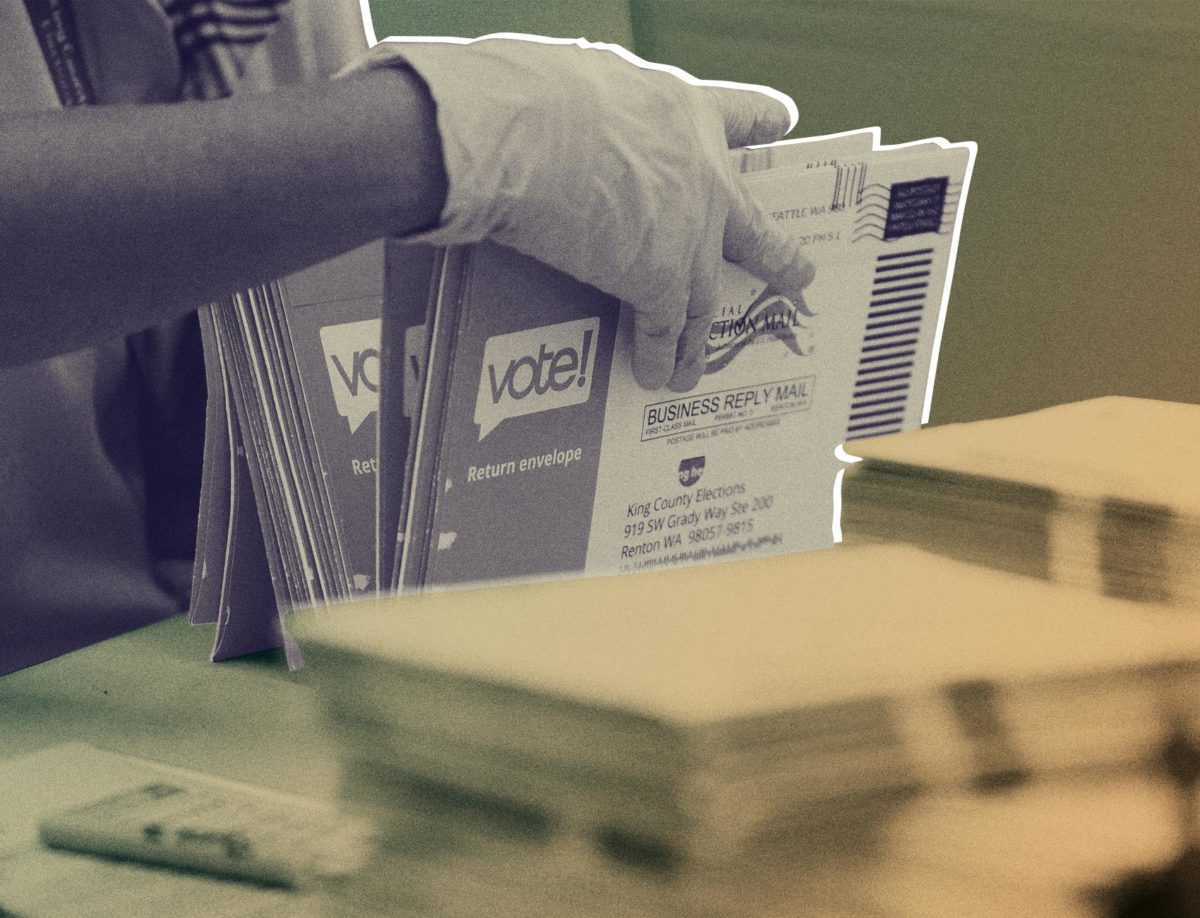
The president’s fearmongering over mail-in ballots is part of a long history of politicians denying members of marginalized communities, and particularly Black people, the right to vote.
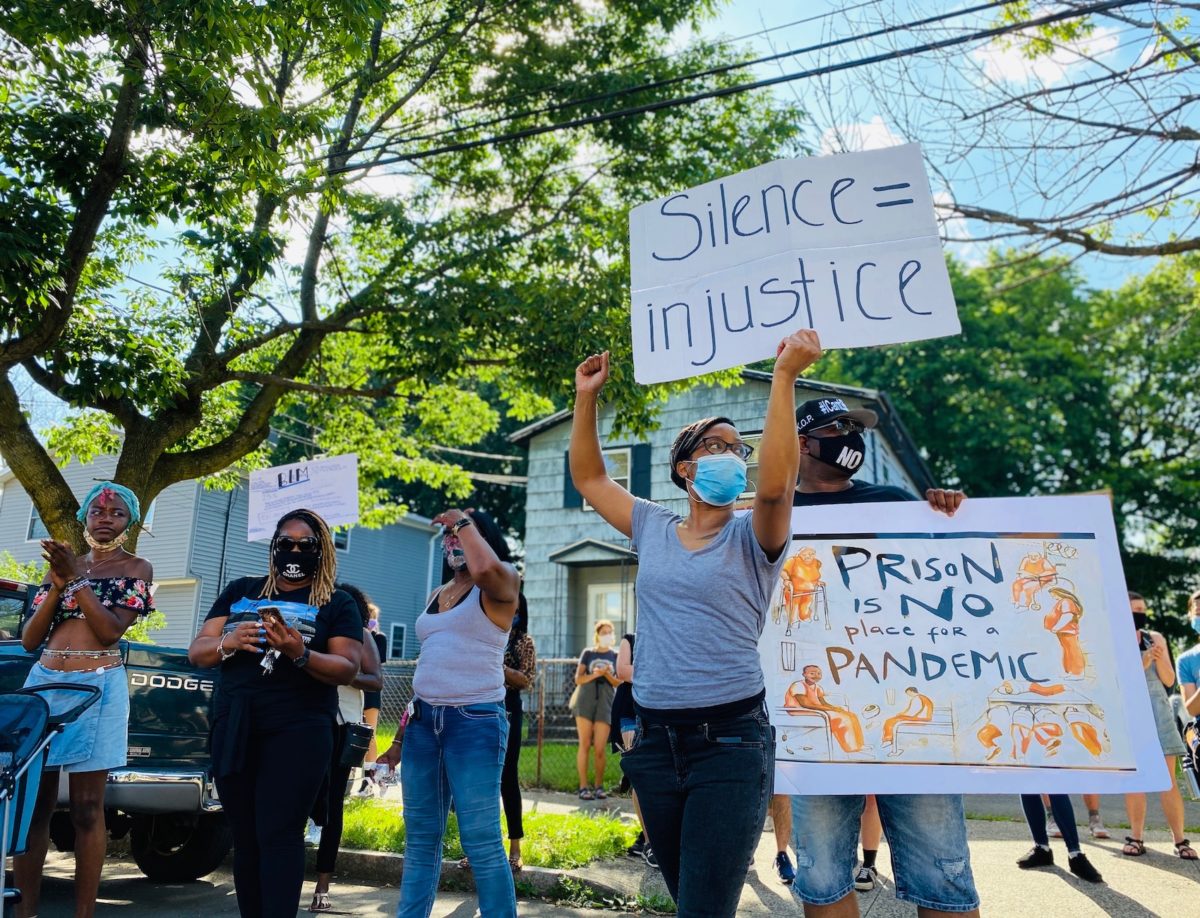
According to people incarcerated and their loved ones, state officials are ignoring the spread of COVID-19 at New Haven Correctional Center.
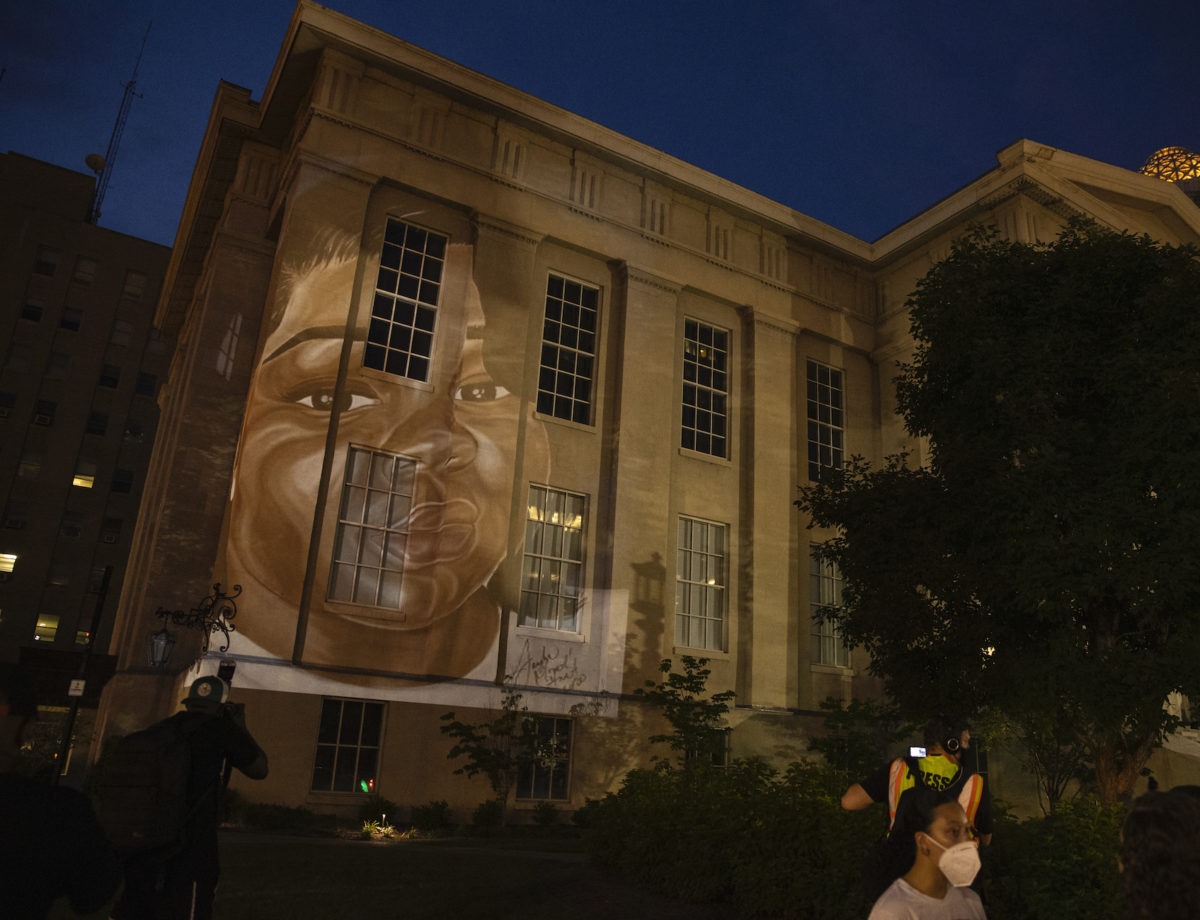
A lawsuit alleges Breonna Taylor died because Louisville was trying to arrest its way toward economic redevelopment. Research shows this is common.
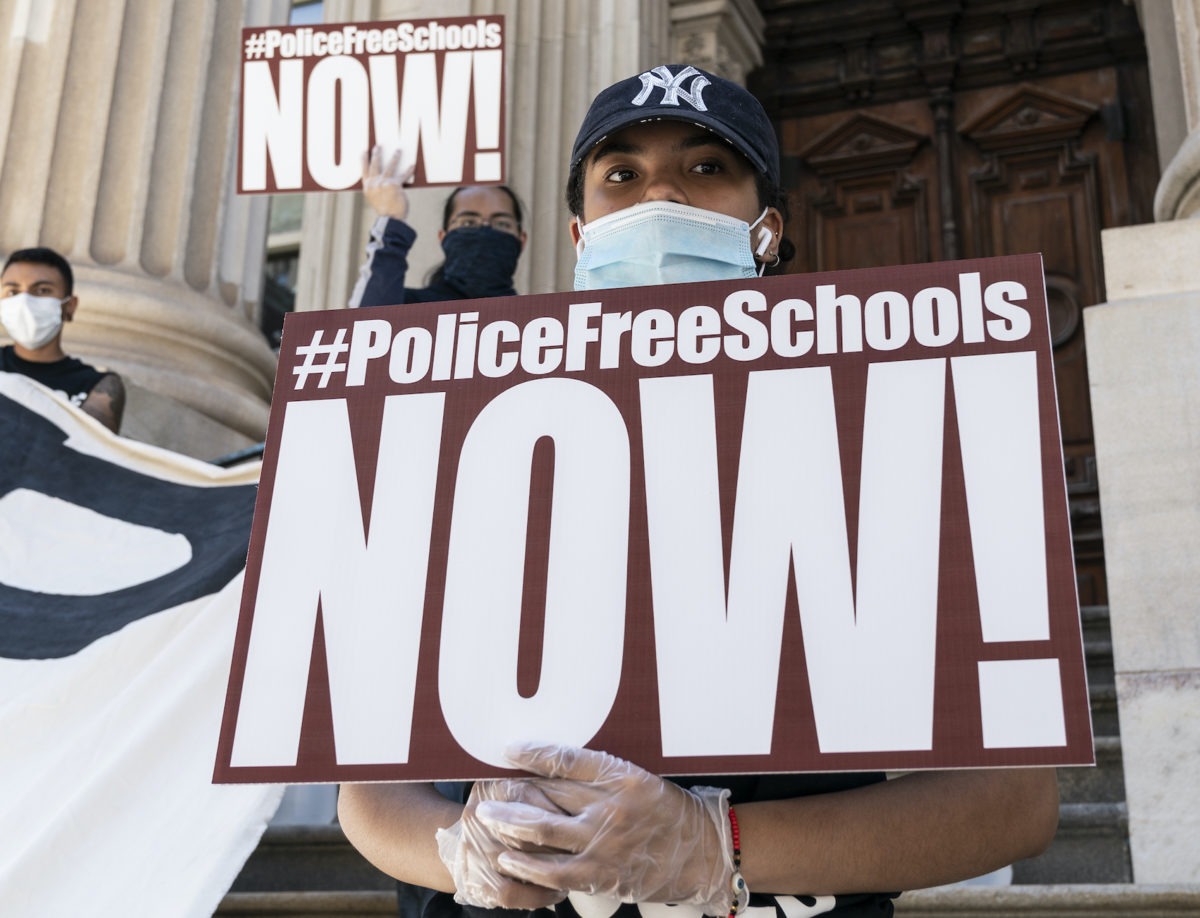
The presence of police in schools is emblematic of America’s carceral approach to governing.
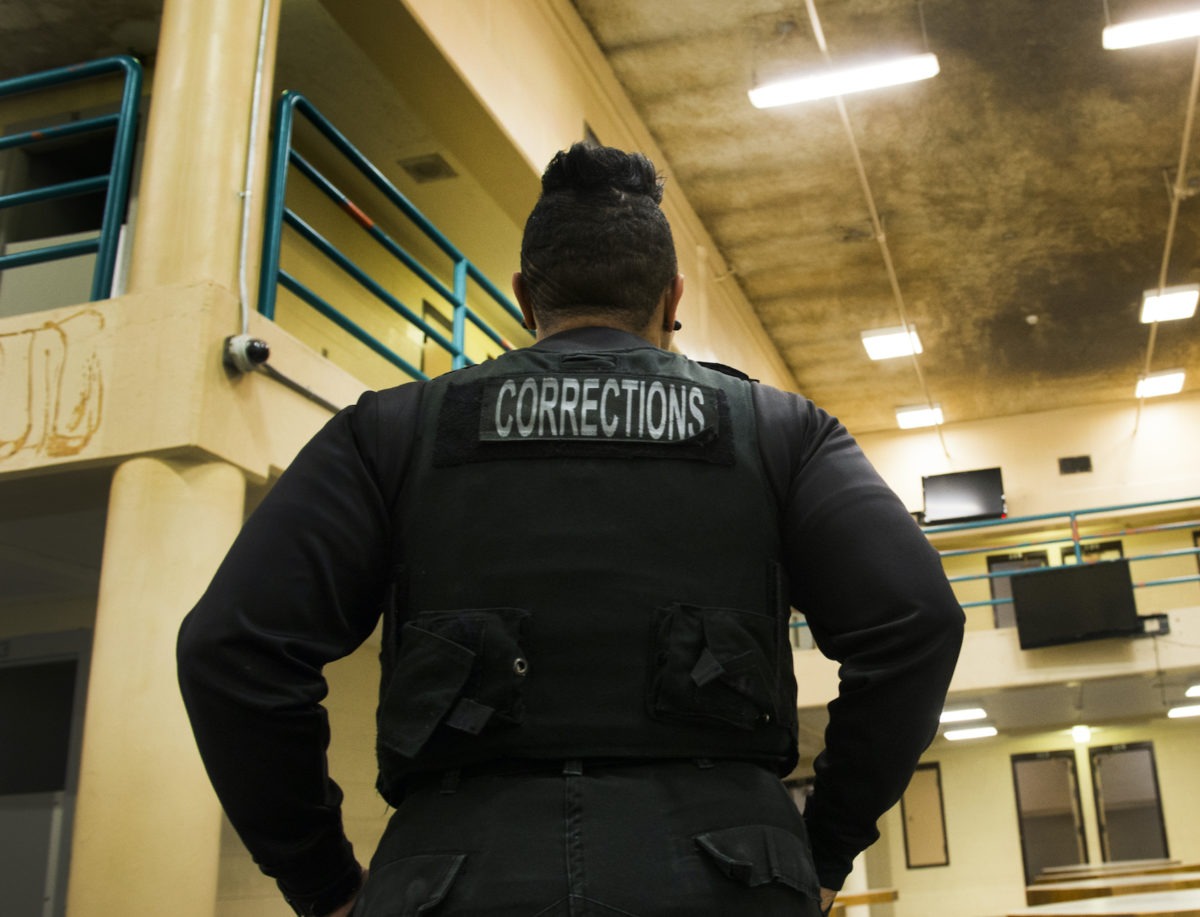
Qualified immunity is just one obstacle of many that incarcerated people face when seeking to hold correctional officers accountable for misconduct.
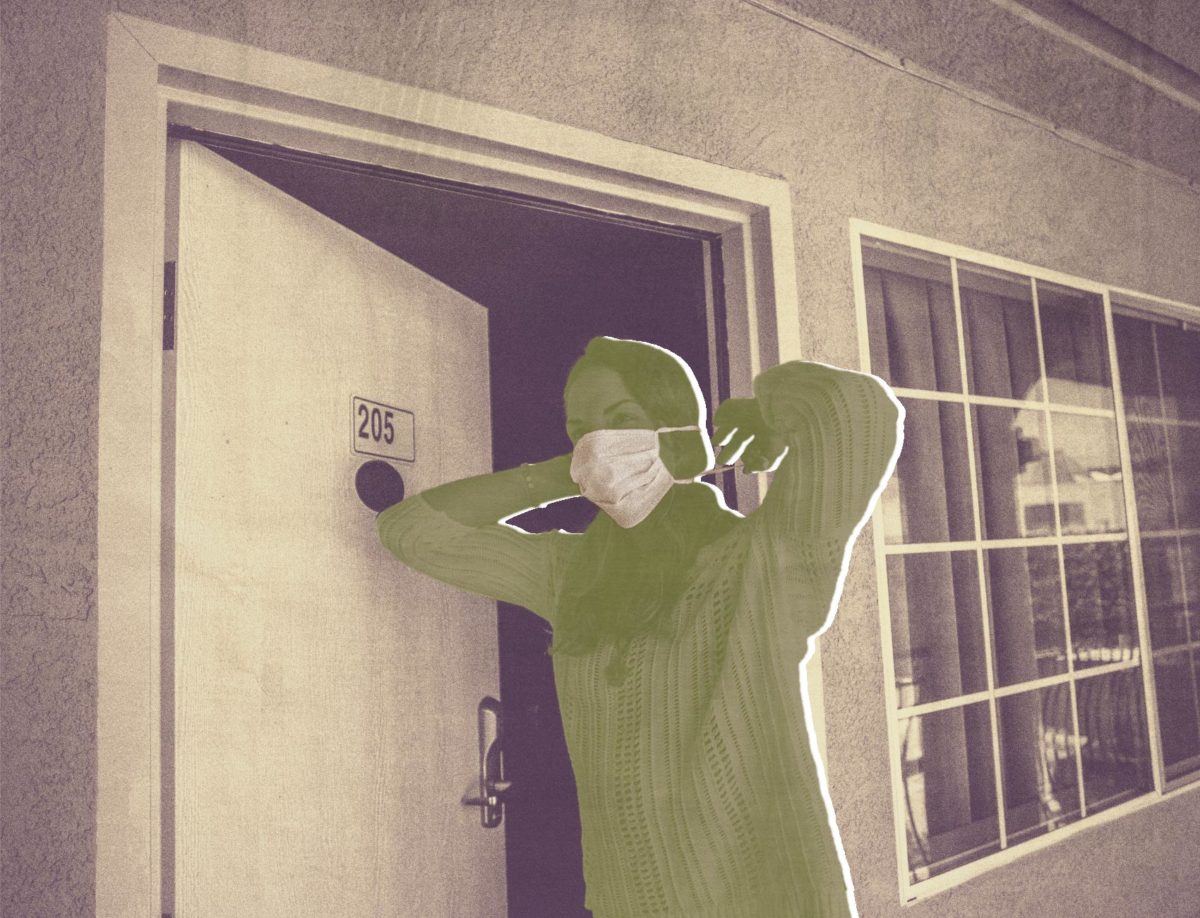
Tens of thousands of people in Los Angeles County are at high risk for becoming homeless after the temporary halt on evictions is lifted—one of the largest mass displacements the region has ever seen.
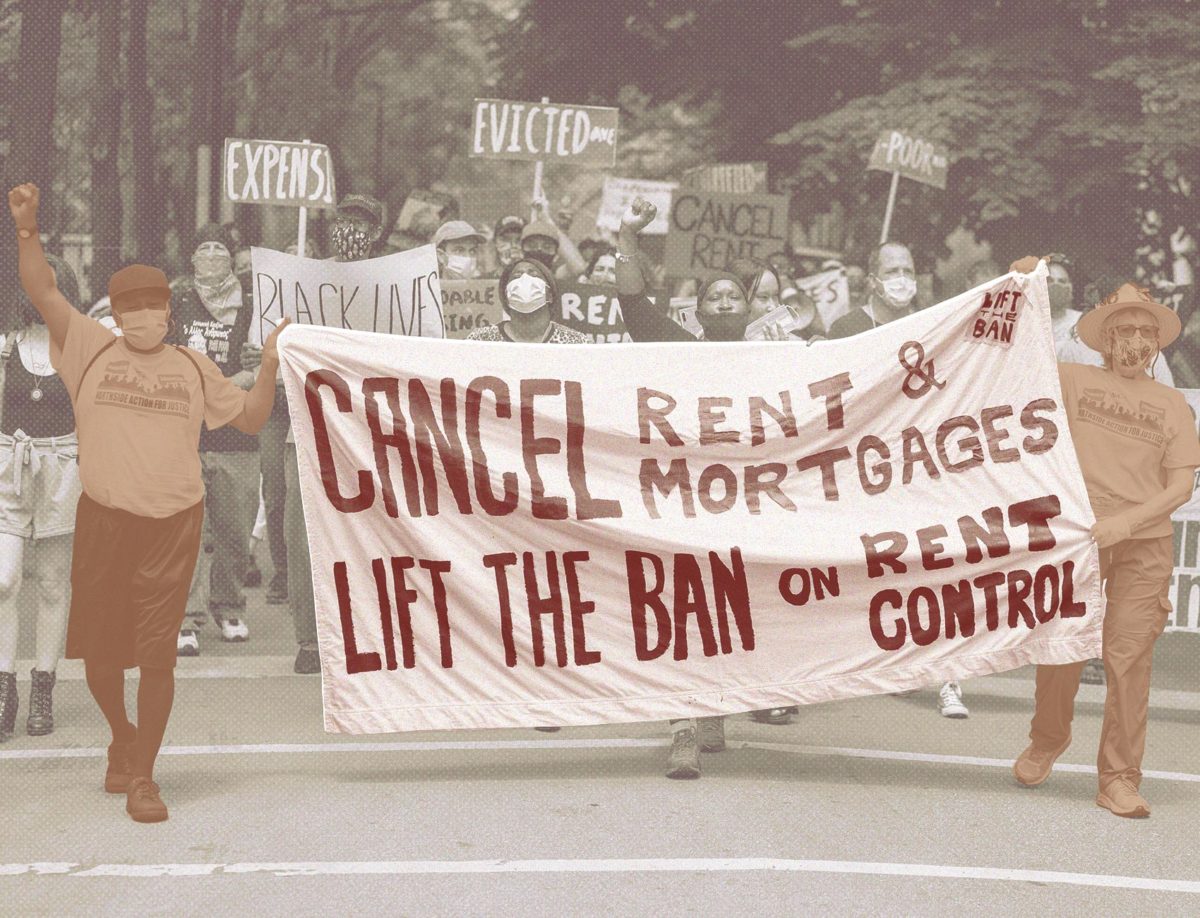
COVID-19 is disproportionately putting Black and Latinx people at higher risk of eviction, fueling a housing crisis that is already in progress.
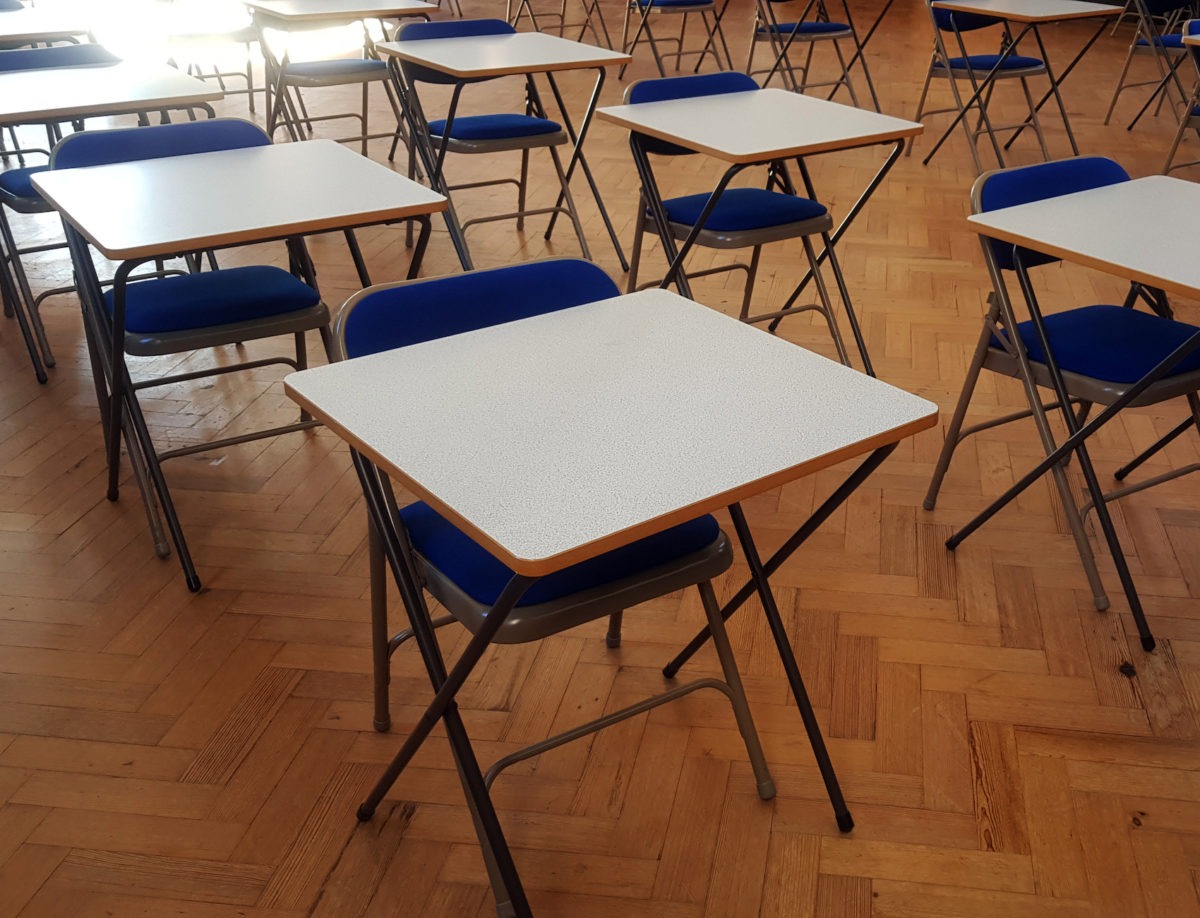
Prioritizing bar examiners’ gatekeeping function during a pandemic and economic crisis means putting aspiring lawyers at risk and making it harder for nonwhite and low-income people to enter the legal profession.
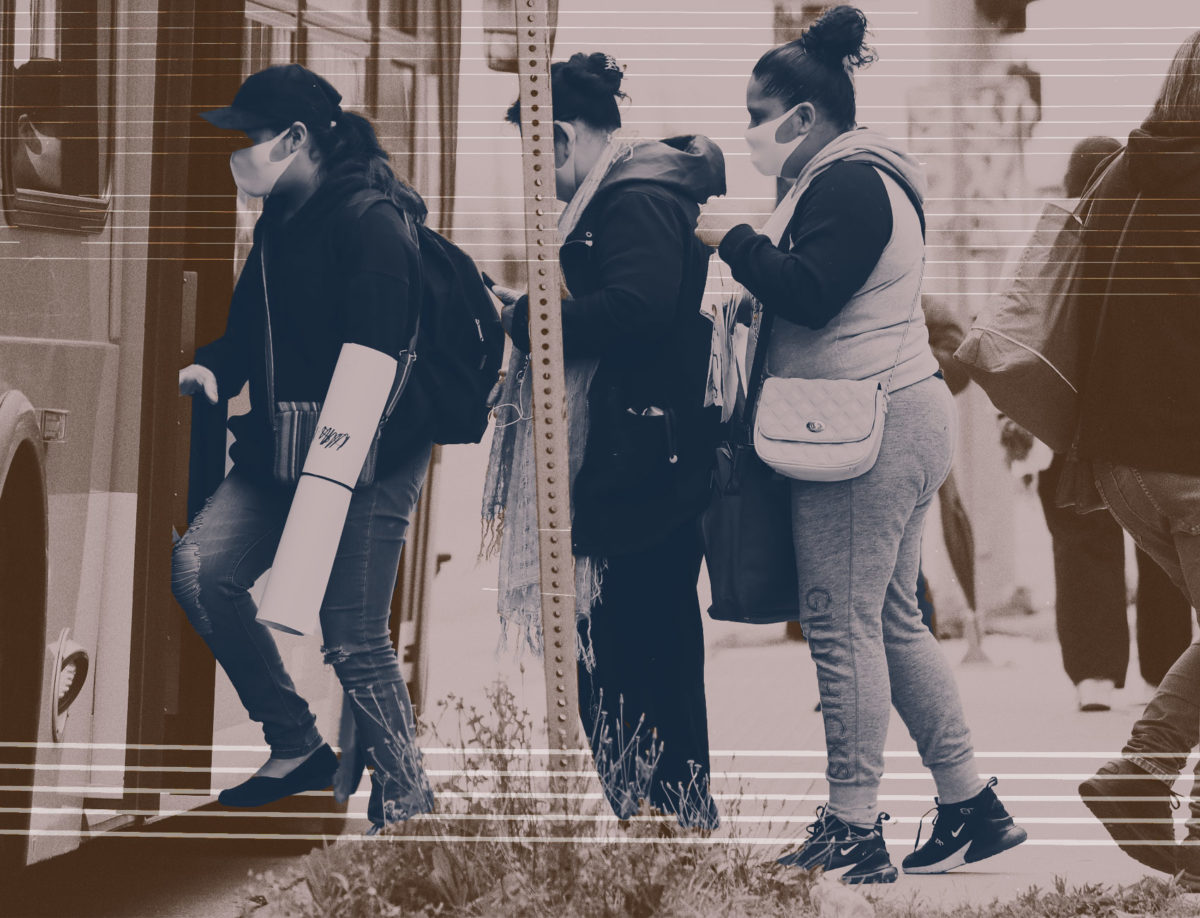
The nation has an opportunity to take advantage of this transformative event and pursue an alternative to the current system.
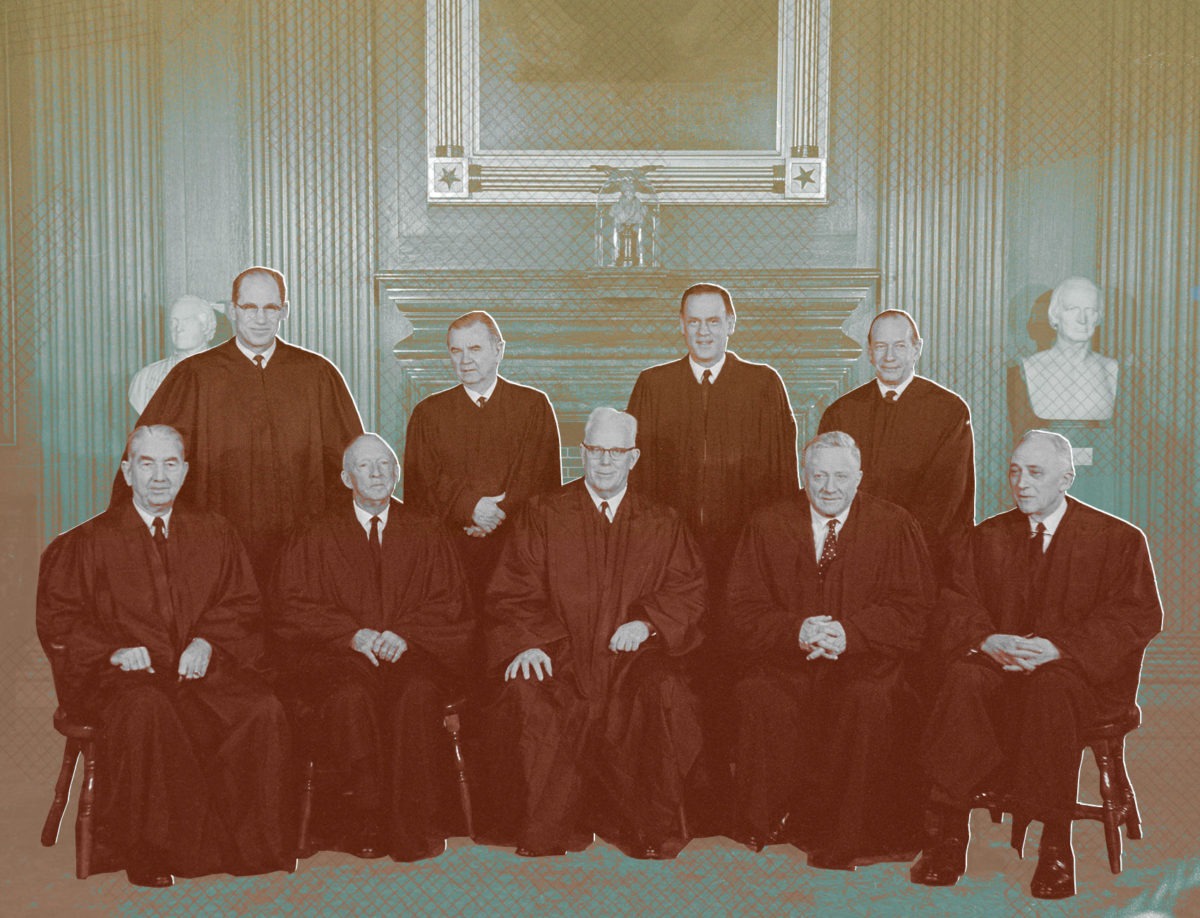
For decades, the Court has been carving out generous exceptions and crafting new rules that limit the Miranda warning’s real-world impact.
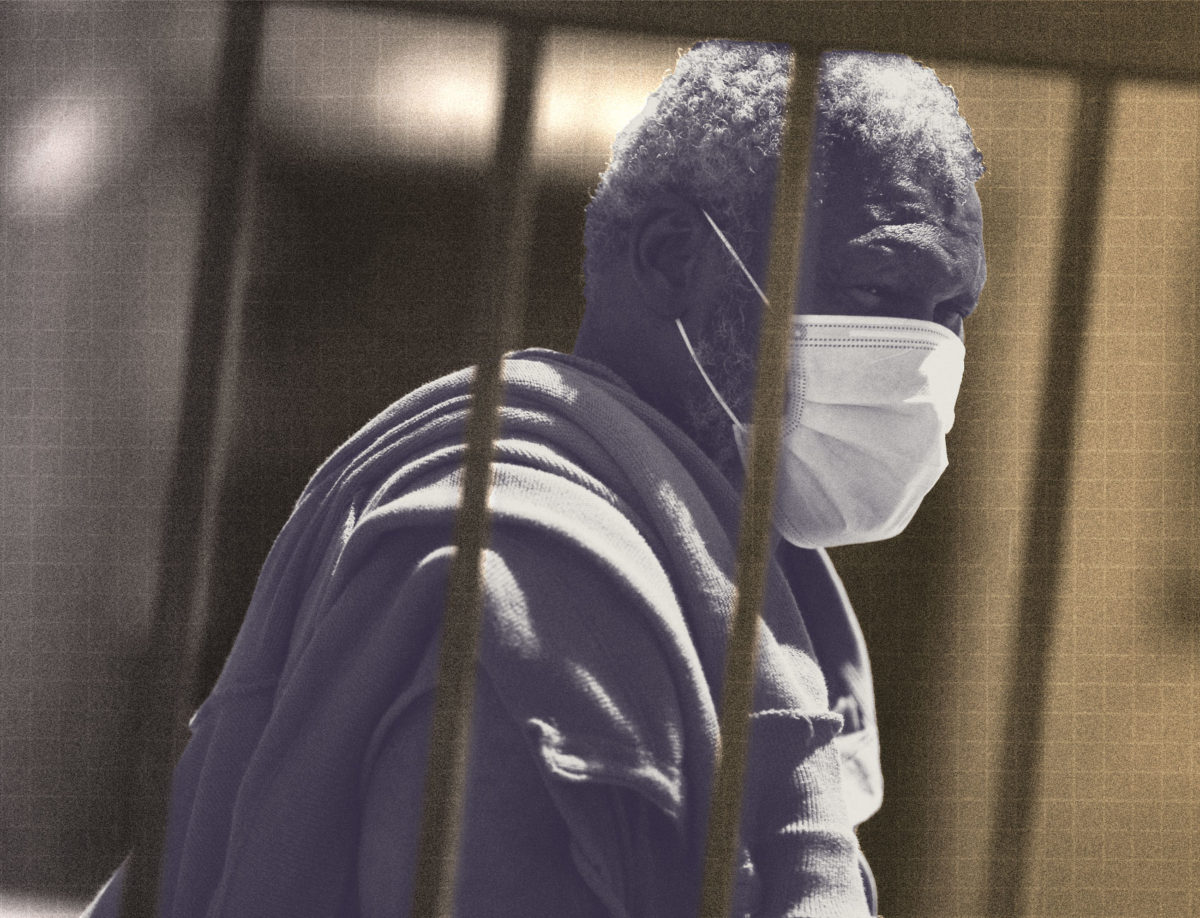
As the country reopens, we can’t quickly forget these failures of government, which have disproportionately harmed Black, Latinx, and Native people.
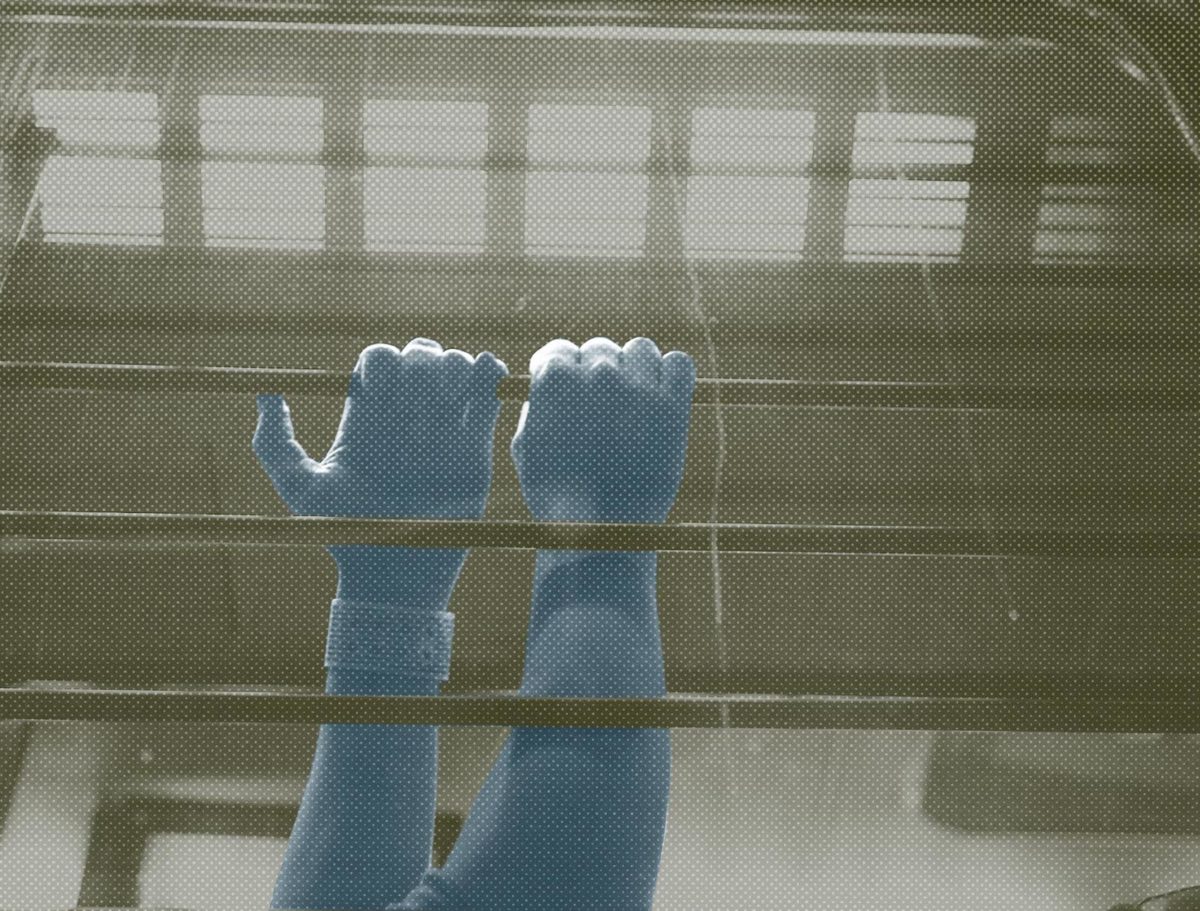
James ‘Bumpy’ Bennett, who had twice survived cancer, was 71 and had served 48 years of his life without parole sentence.
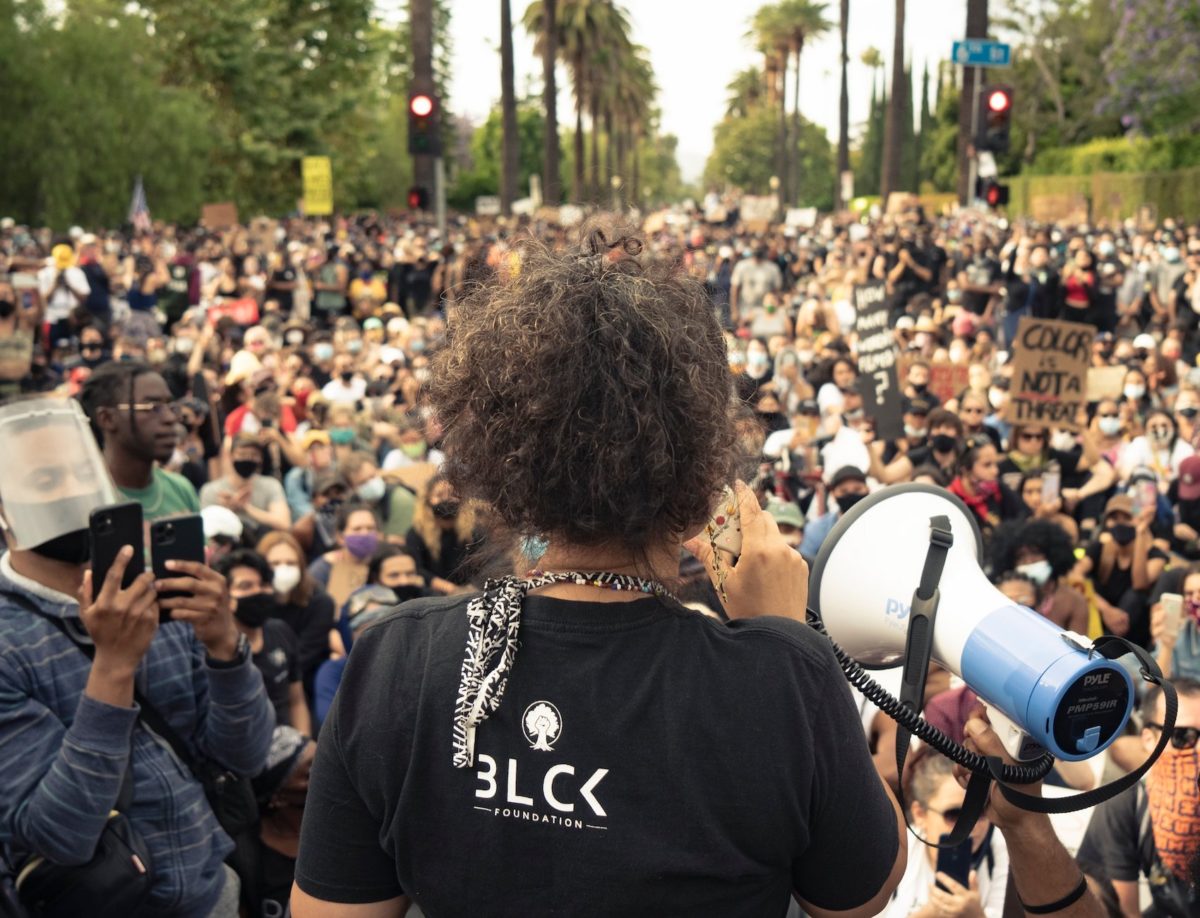
This weekend’s string of errors is just the latest in his career of cruelty.
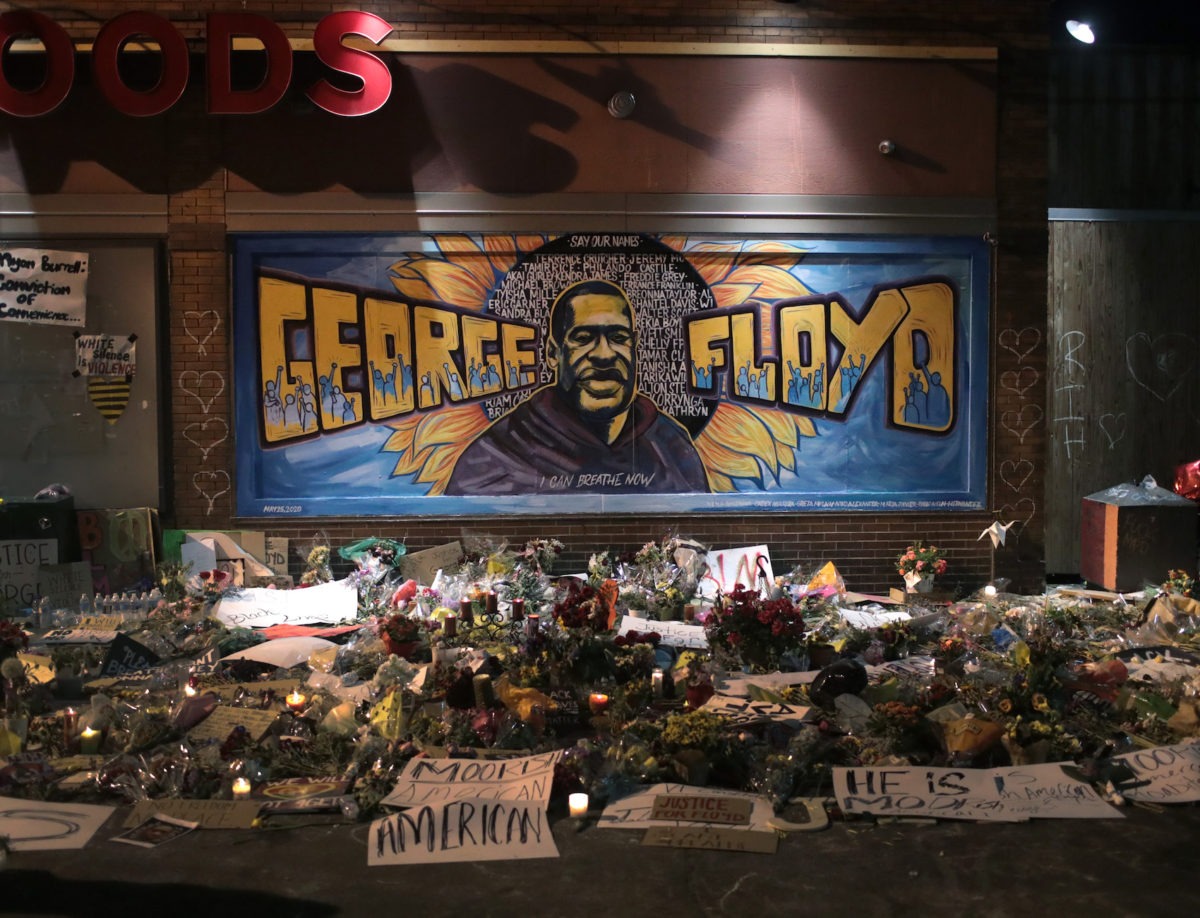
The killing of George Floyd demonstrates that incremental police reforms are insufficient in the absence of a comprehensive plan to transform law enforcement and its stated purpose.
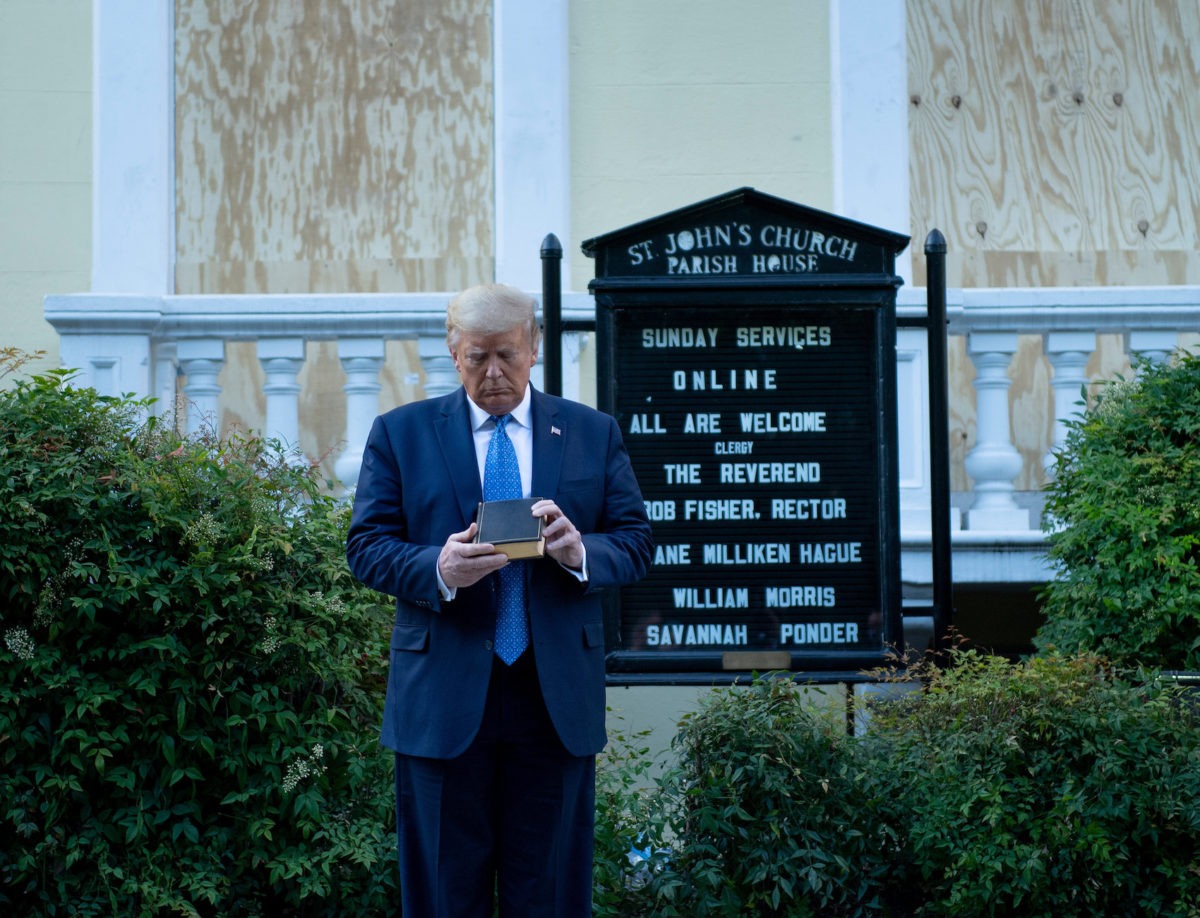
A president who openly endorses police brutality struggles with a nation rejecting it.
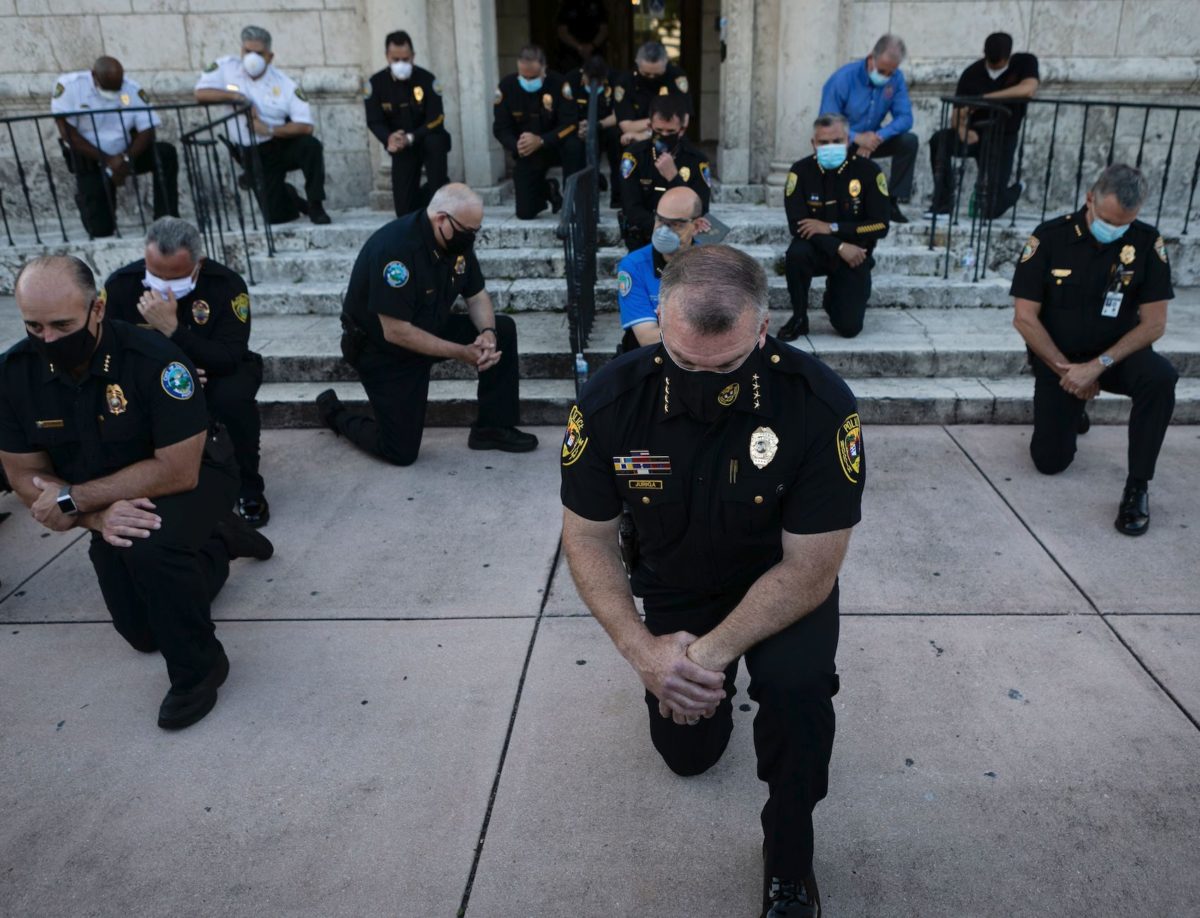
Cops who turn marches against police violence into parades don’t actually want substantial changes to policing.
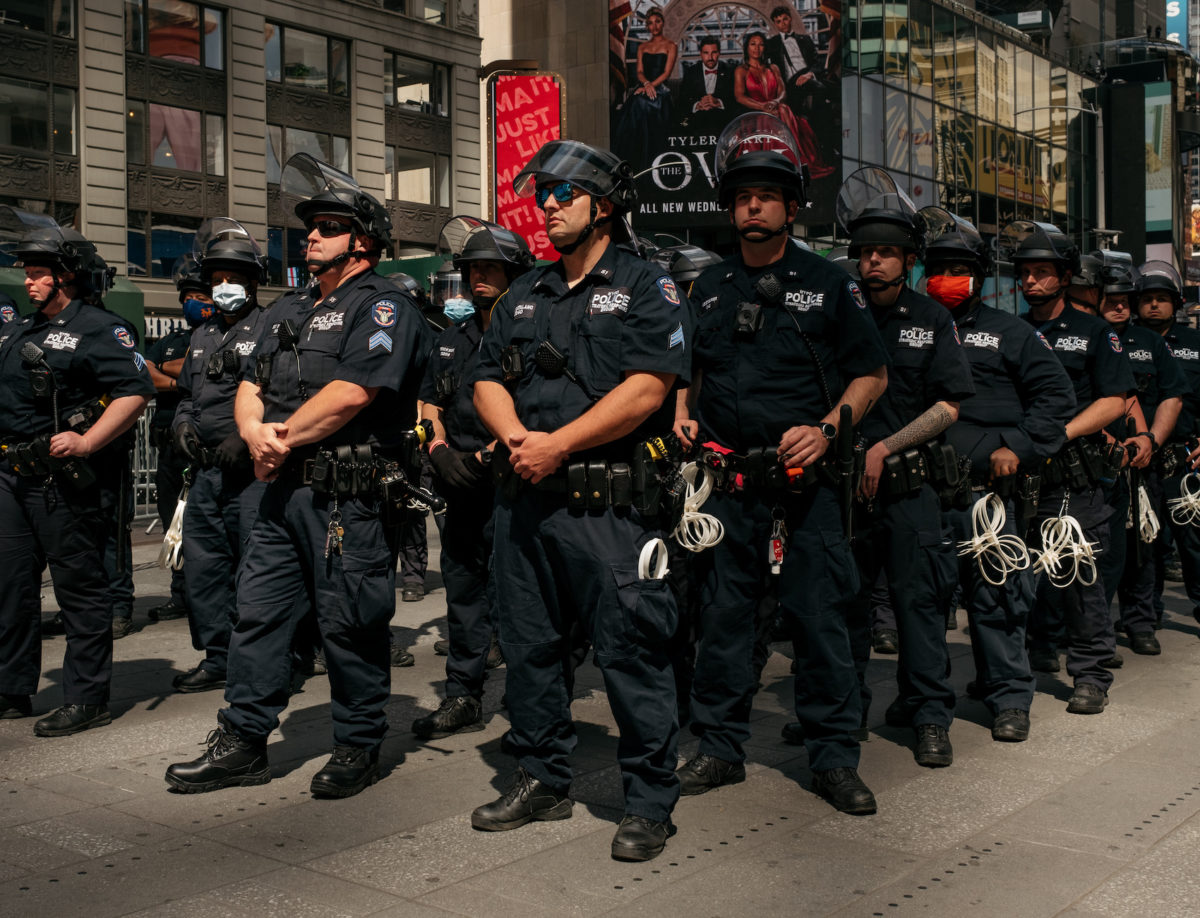
More training, more equipment, and more officers will not stop police from killing Black people.
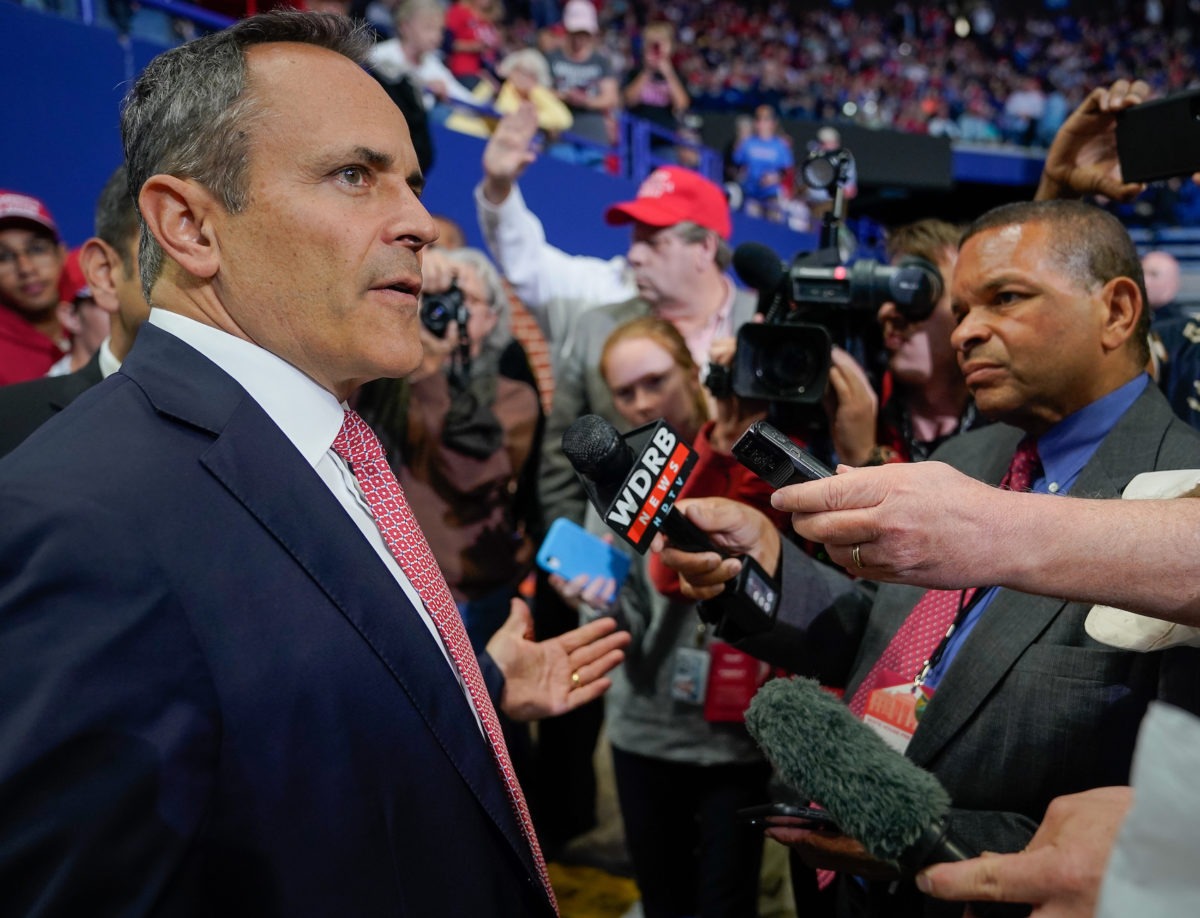
The Courier Journal’s Pulitzer Prize-winning reporting on Governor Matt Bevin’s commutations sensationalizes crime at the expense of future clemency efforts.
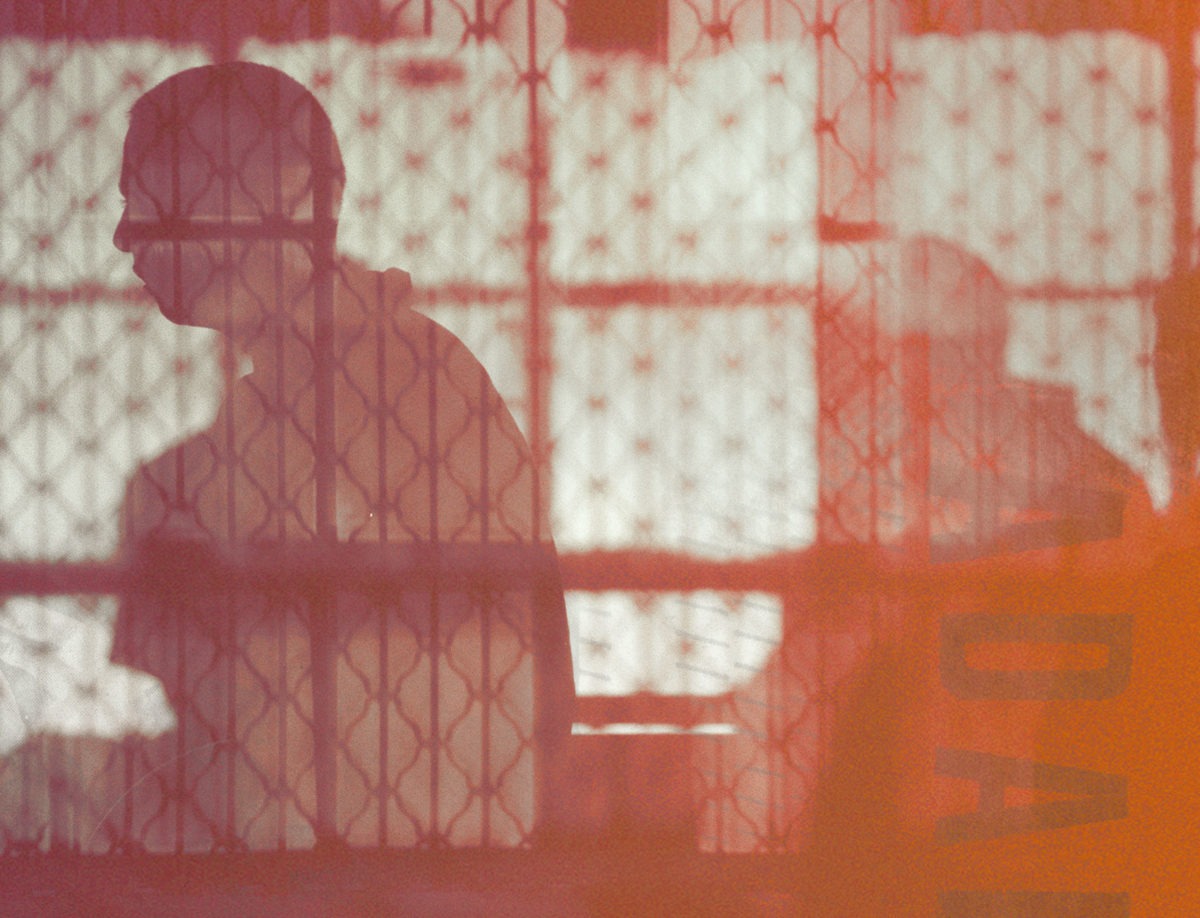
In Hillsborough County, Florida, the jail population is bloated by cash bail, fines, and fees, perpetuating health inequities during the COVID-19 pandemic.
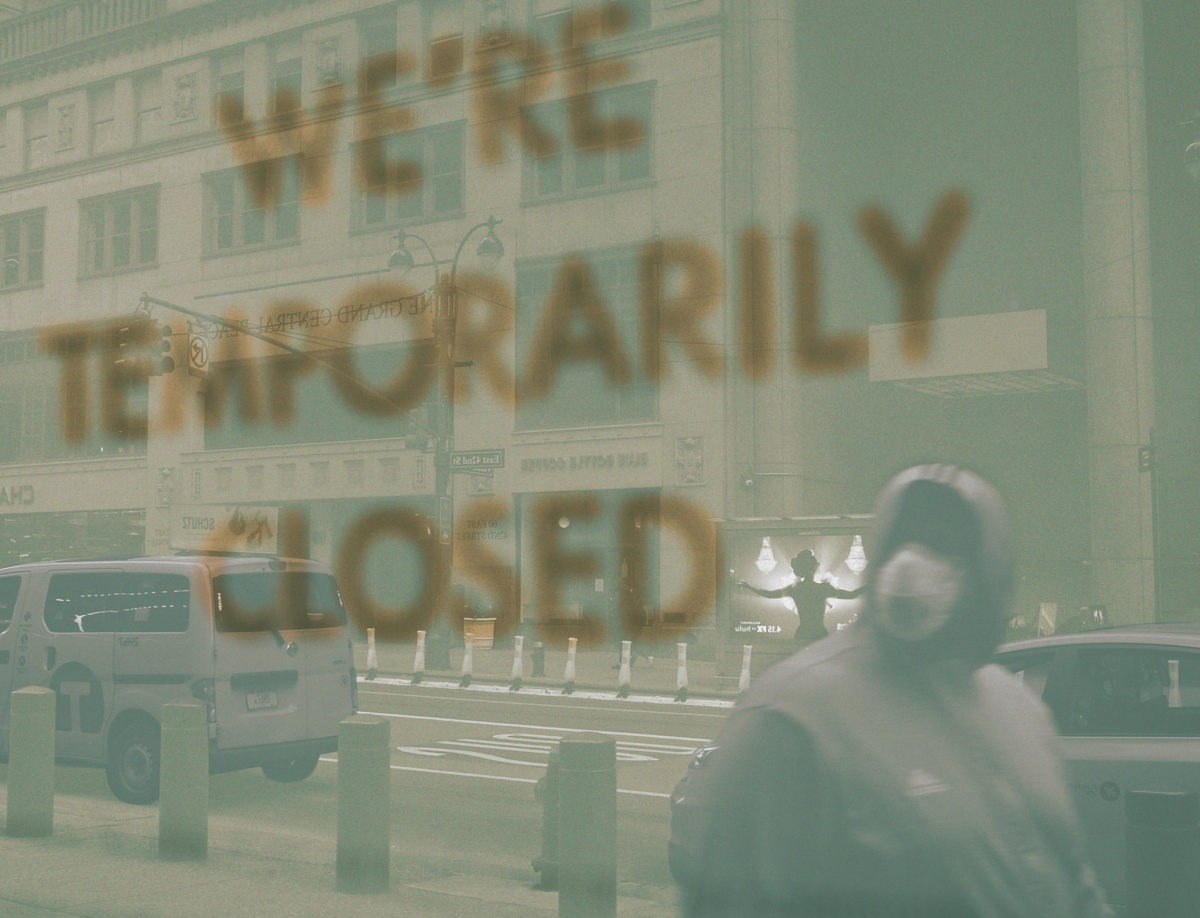
The federal government is not going to lead the way on addressing the economic pain caused by the shutdowns. But states have the power to do something about it now.
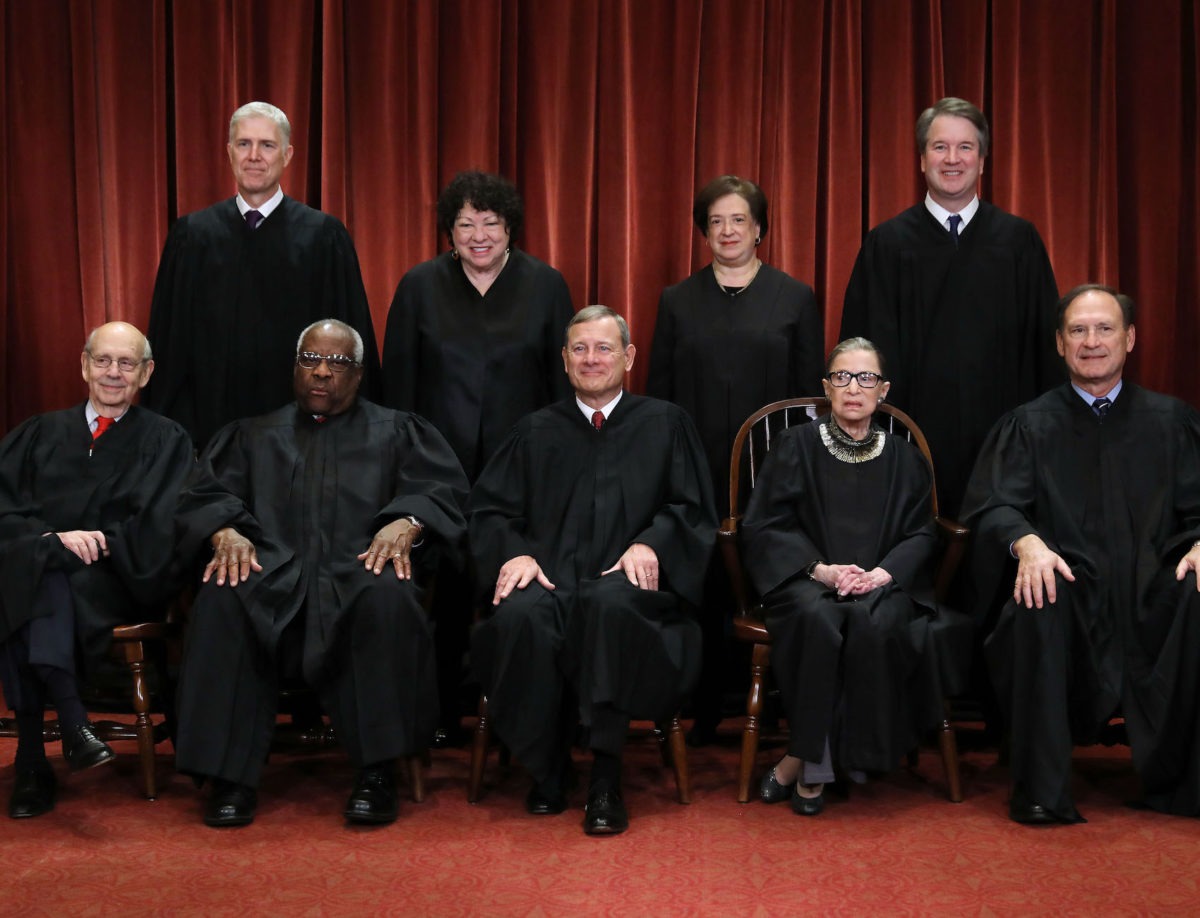
Using language evoking pernicious stereotypes about immigration and crime, the Court’s conservative majority clears the way for the Trump administration to deport legal permanent residents for crimes committed long ago.
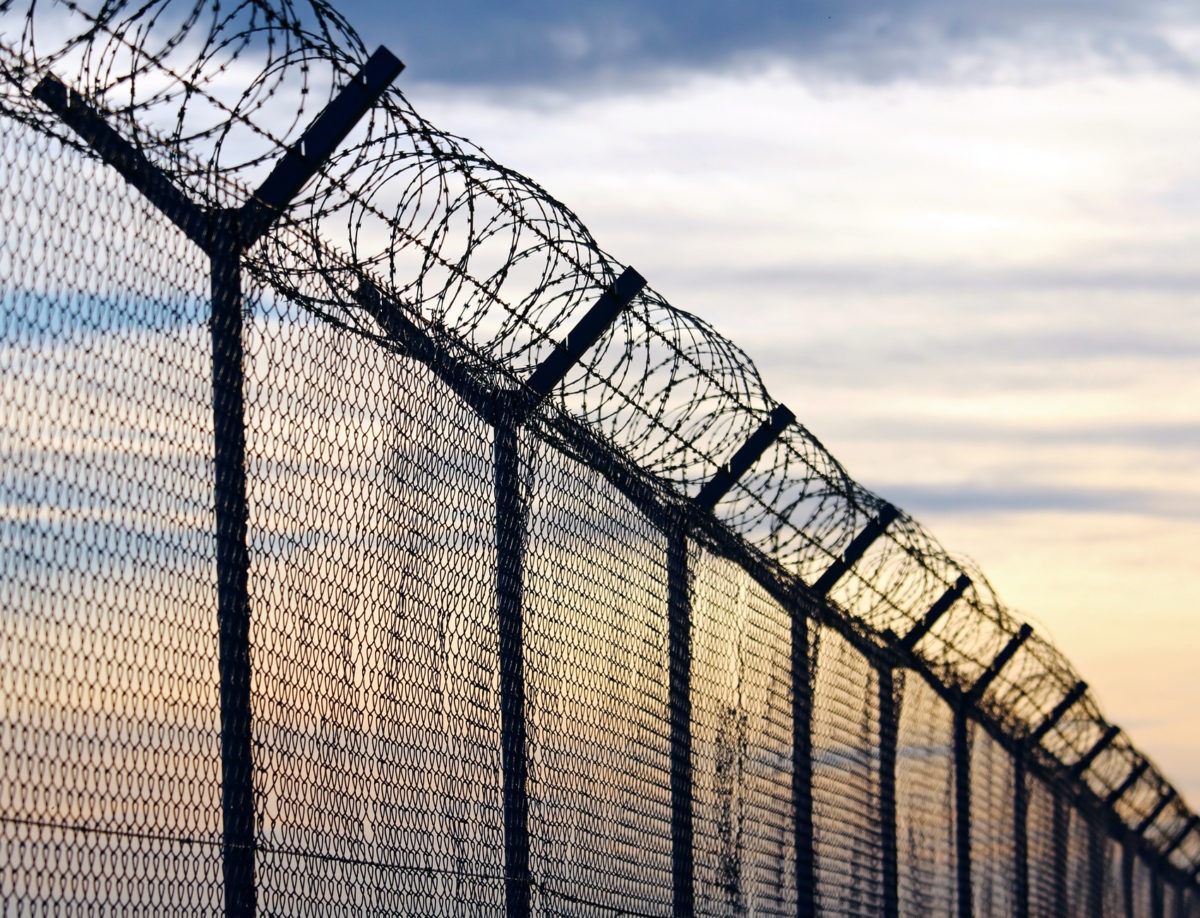
Faced with inaction on the part of state and corrections officials, incarcerated people in jails, prisons, and detention centers are protesting their treatment during the COVID-19 outbreak.
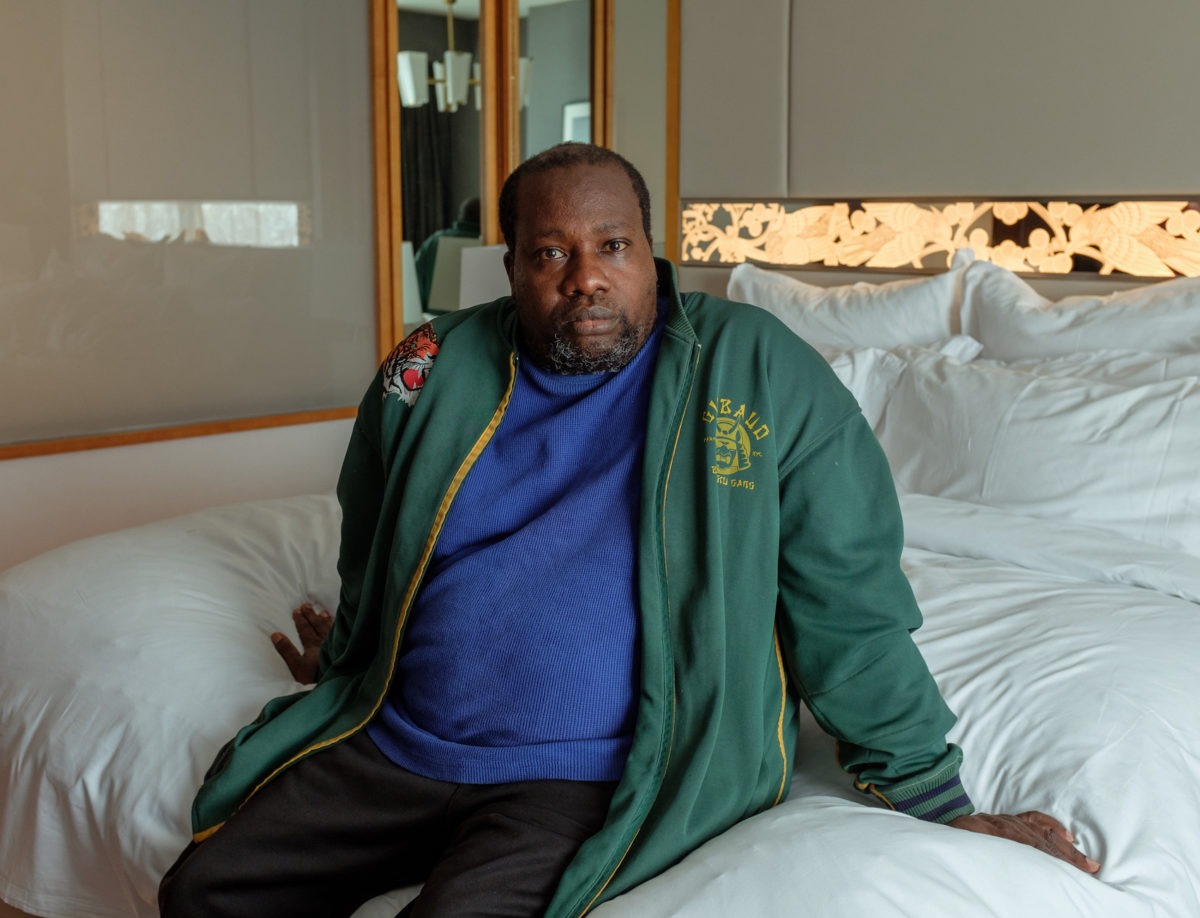
Elected officials need to stop making excuses for not getting unhoused people into hotel rooms.
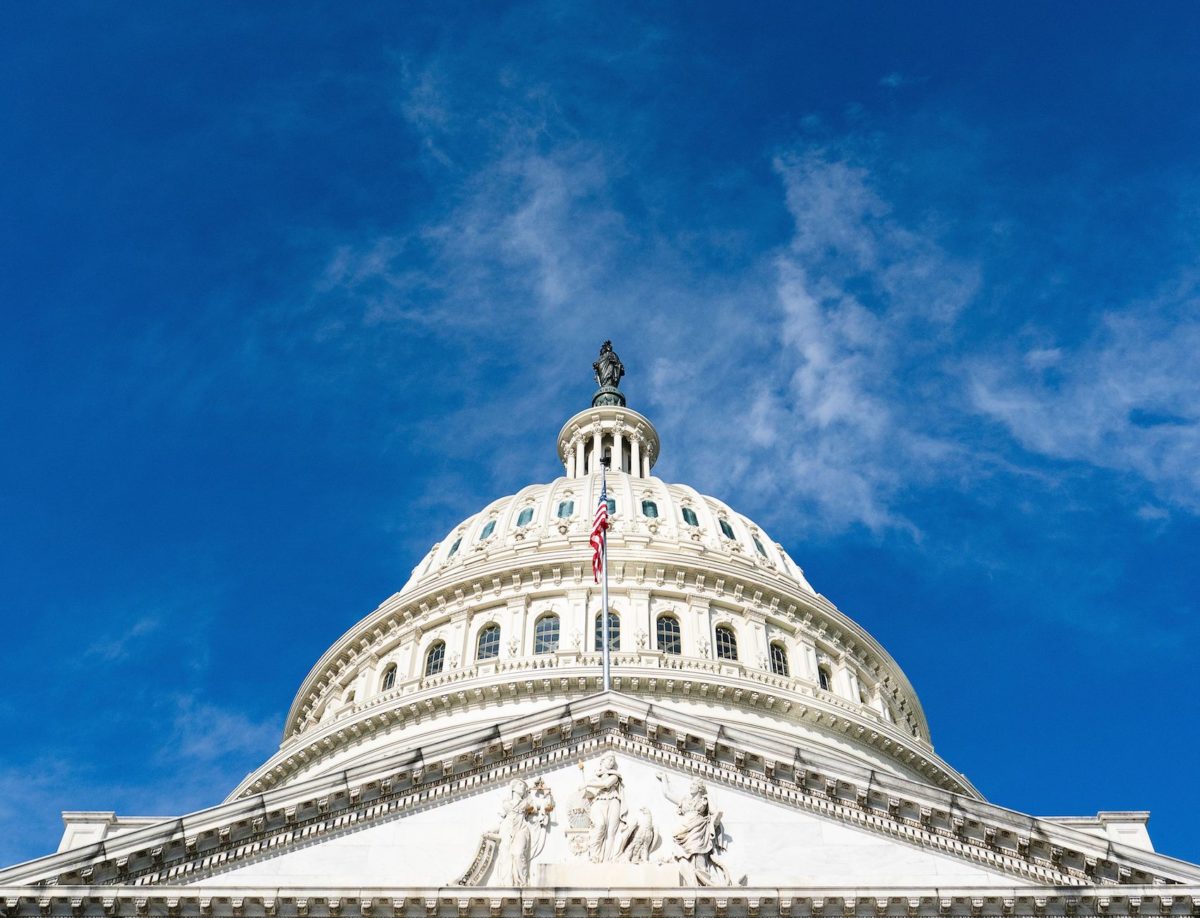
Intentionally disqualifying millions of American citizens from much-needed stimulus funds during this unprecedented health crisis is both unnecessary and cruel.
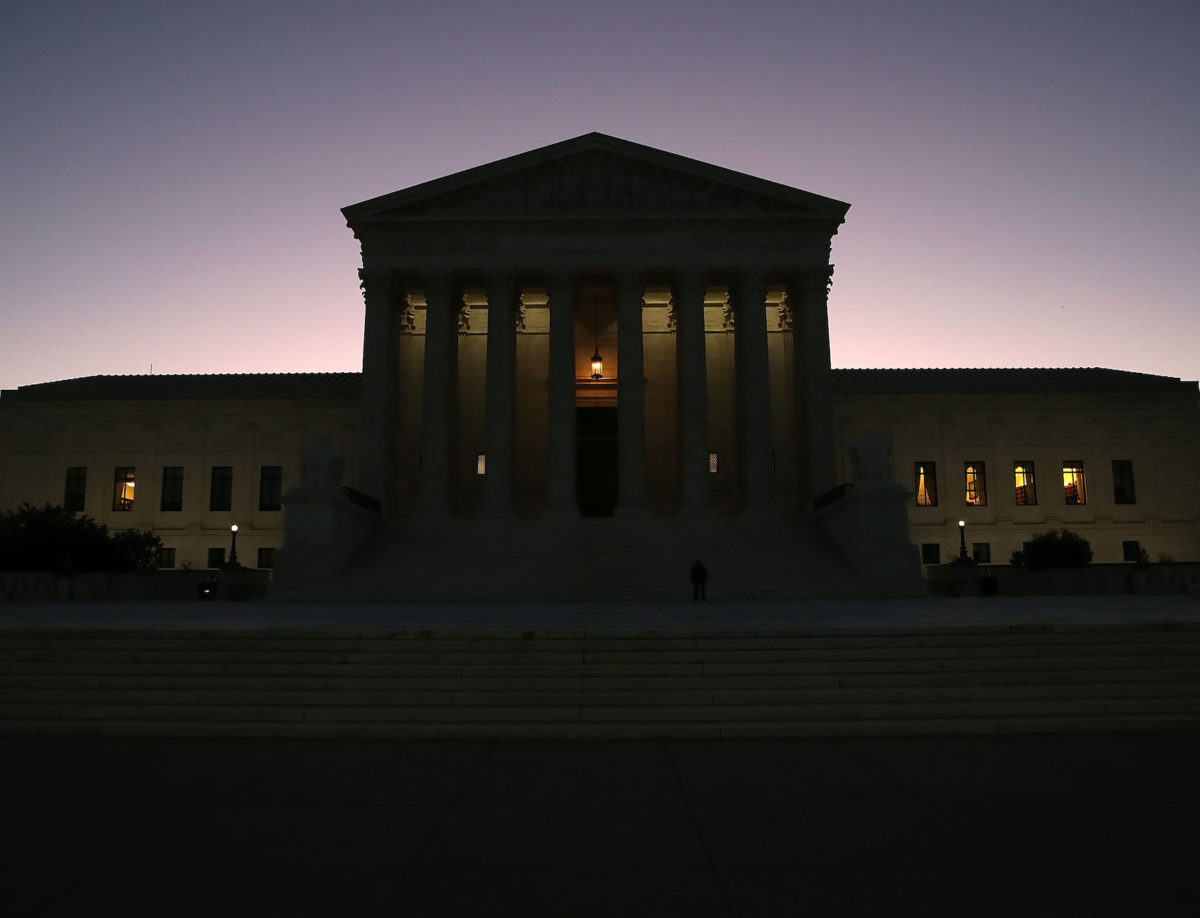
A trio of cases in Wisconsin and Texas illustrates how Republican judges are feigning helplessness in the face of a public health crisis while furthering their own ends.
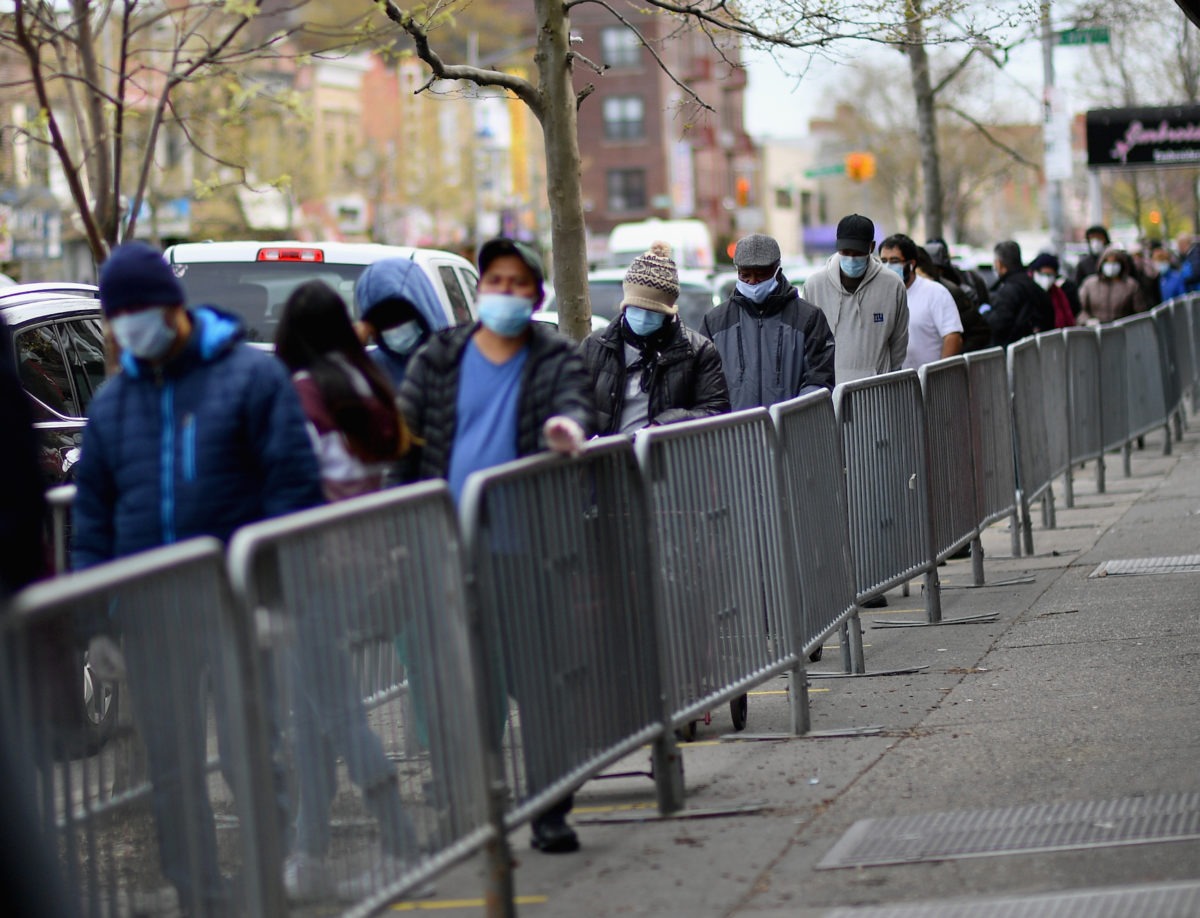
The city has created the structural conditions that have engendered disproportionately high rates of infection and death among its Black and Latinx residents.
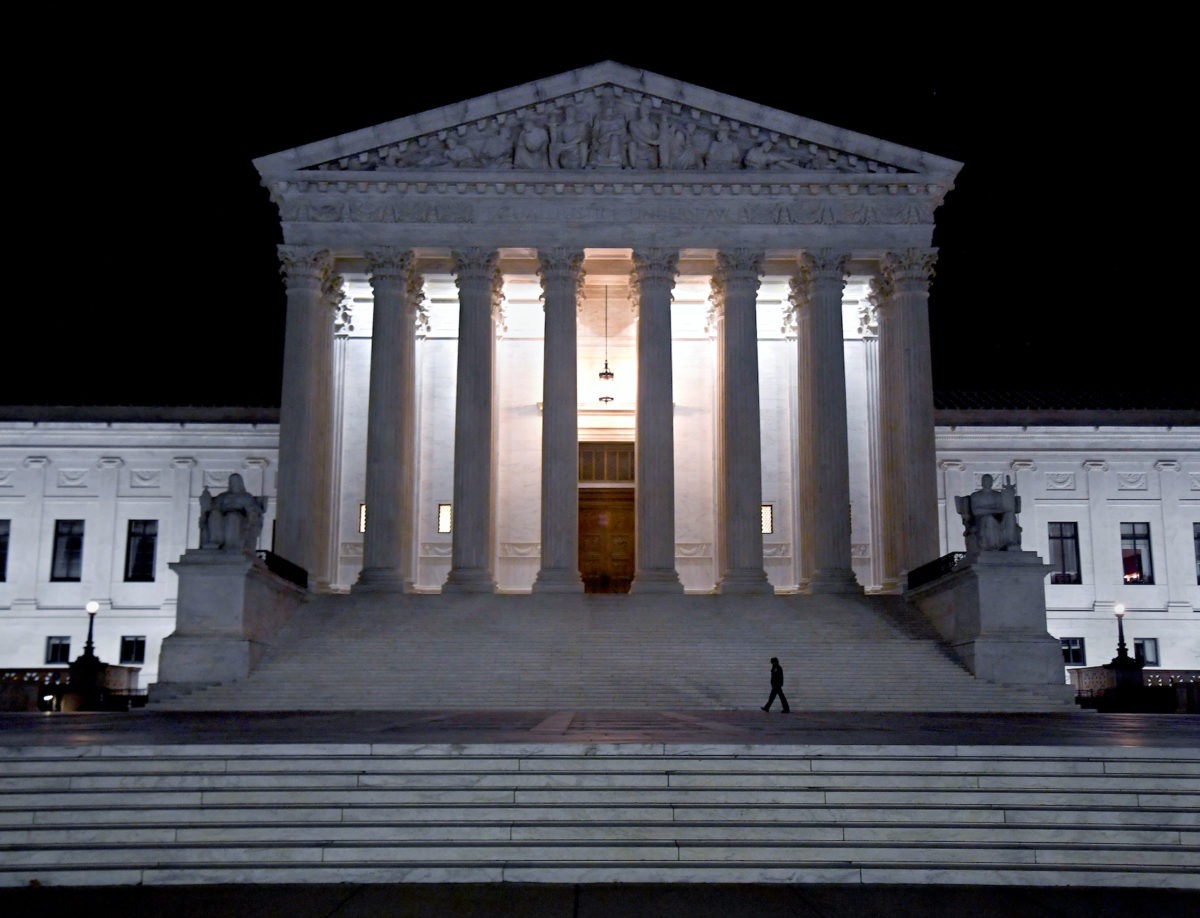
Ramos v. Louisiana is a long-overdue affirmation of the constitutional rights of criminal defendants—and sets the stage for dramatic Supreme Court fights in the years ahead.
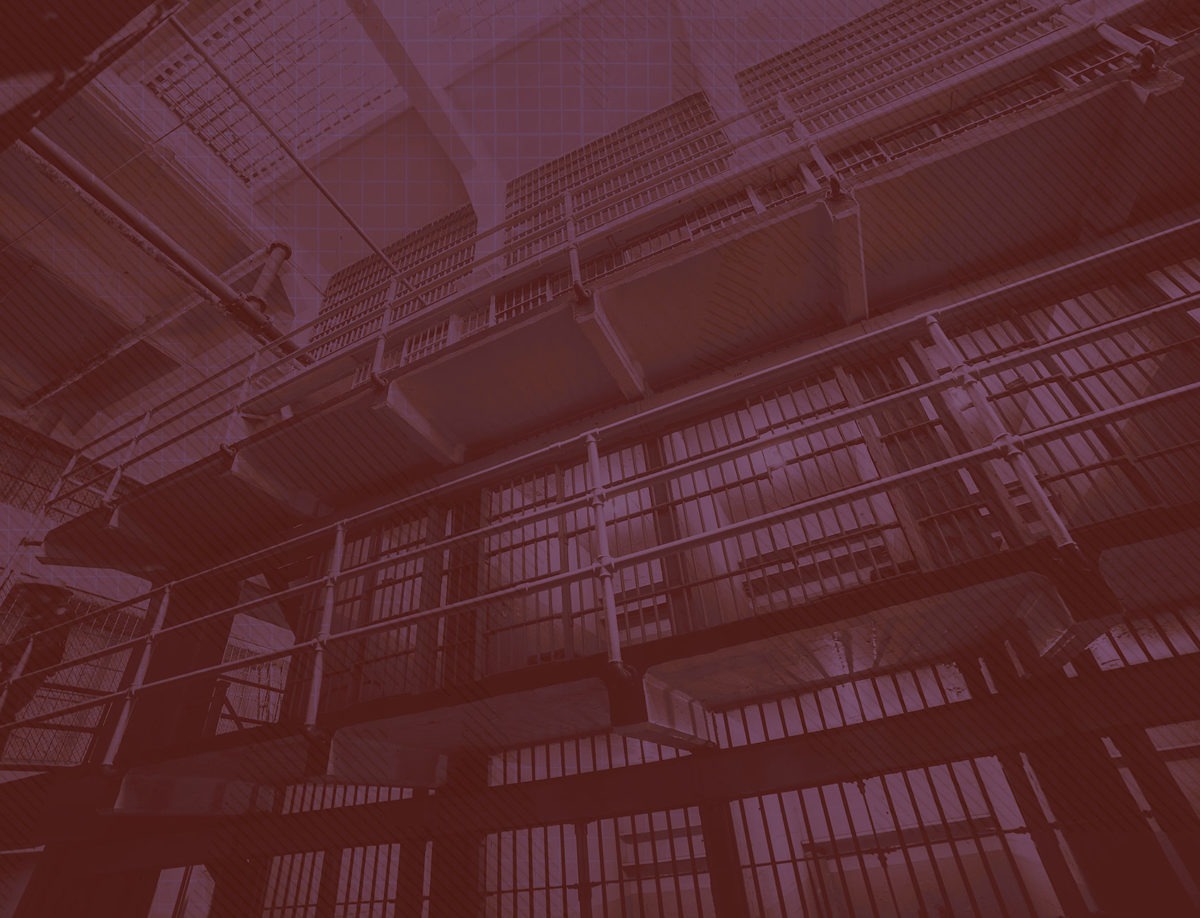
By letting people out now, we can avoid overwhelming our healthcare system with sick prisoners later.
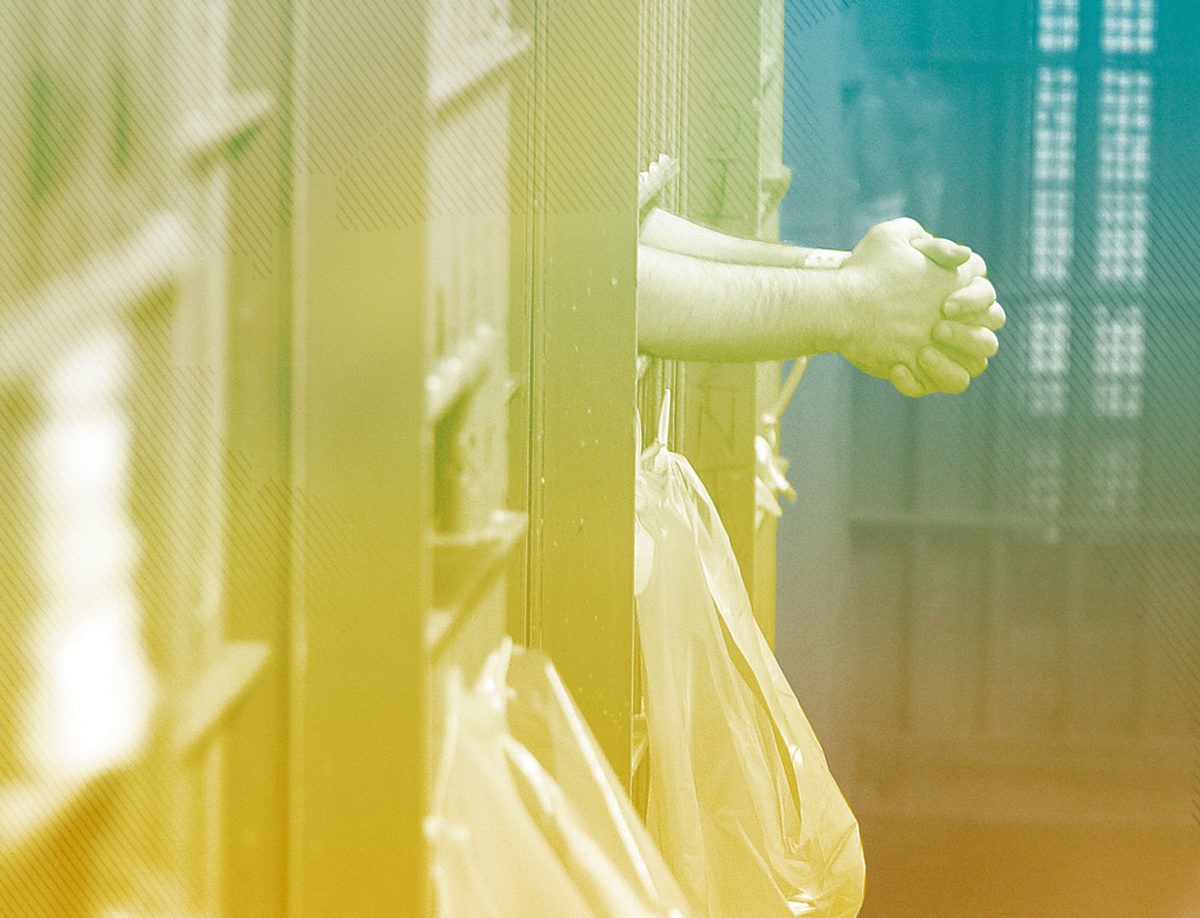
People are dying in jails and prisons because elected officials hesitated at the worst possible moment.
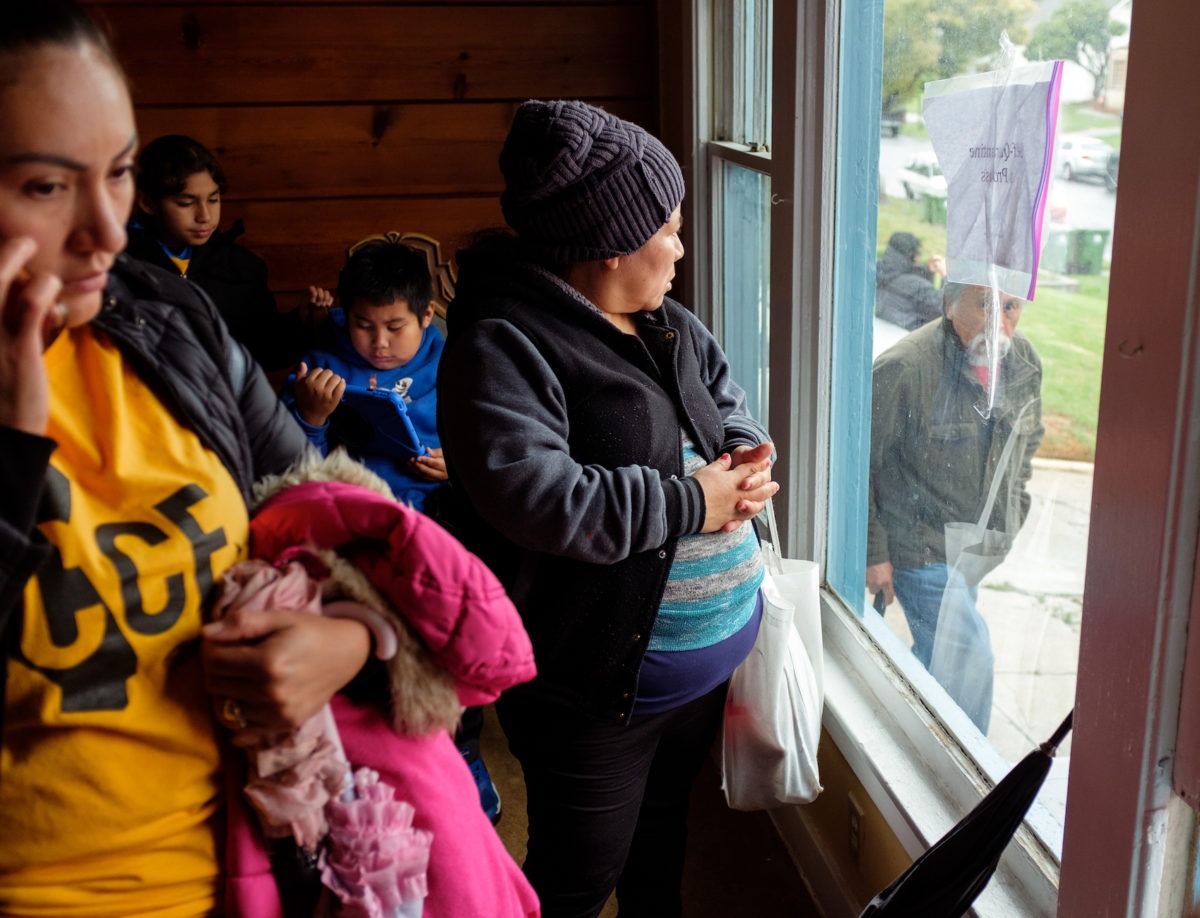
On the intersection of two public health crises: housing and COVID-19.
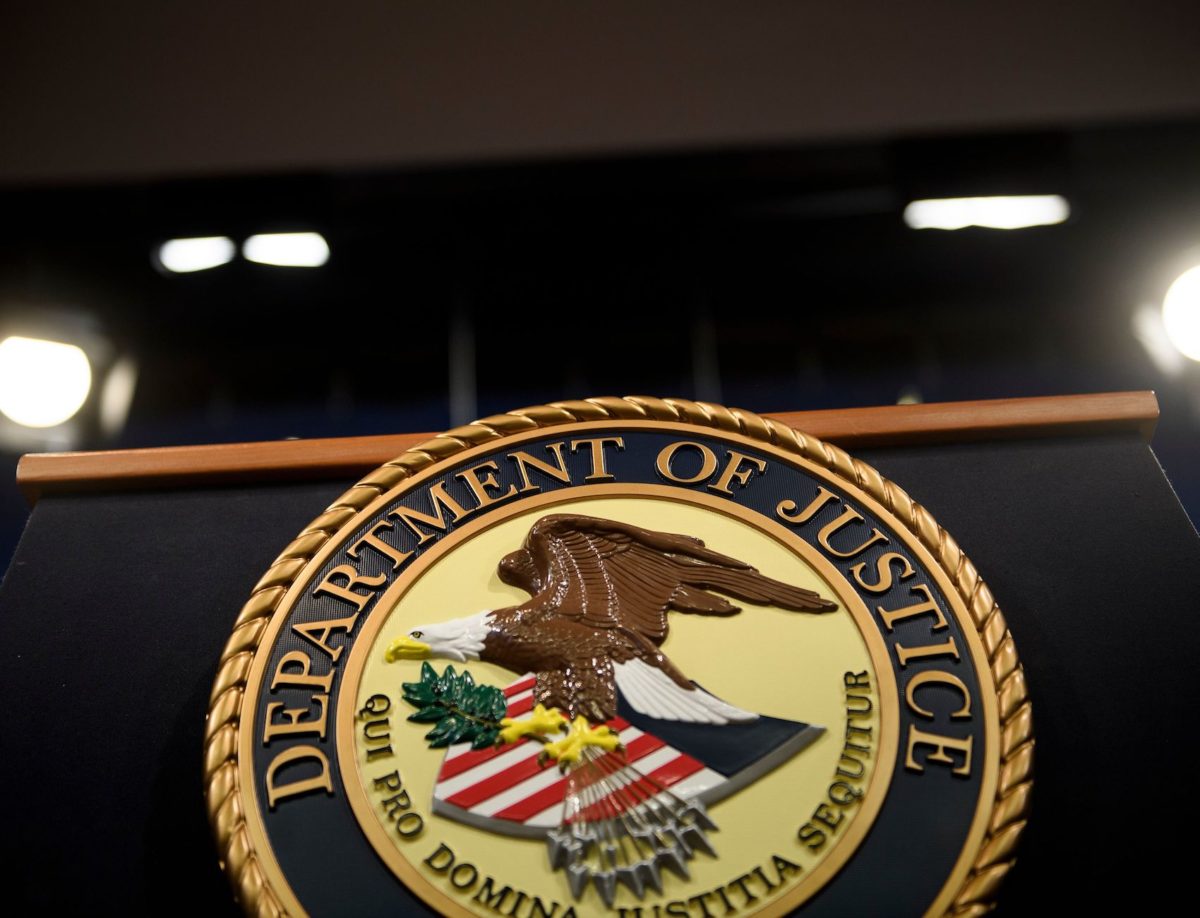
Experts are urging large-scale releases. But the Department of Justice often operates contrary to expertise.
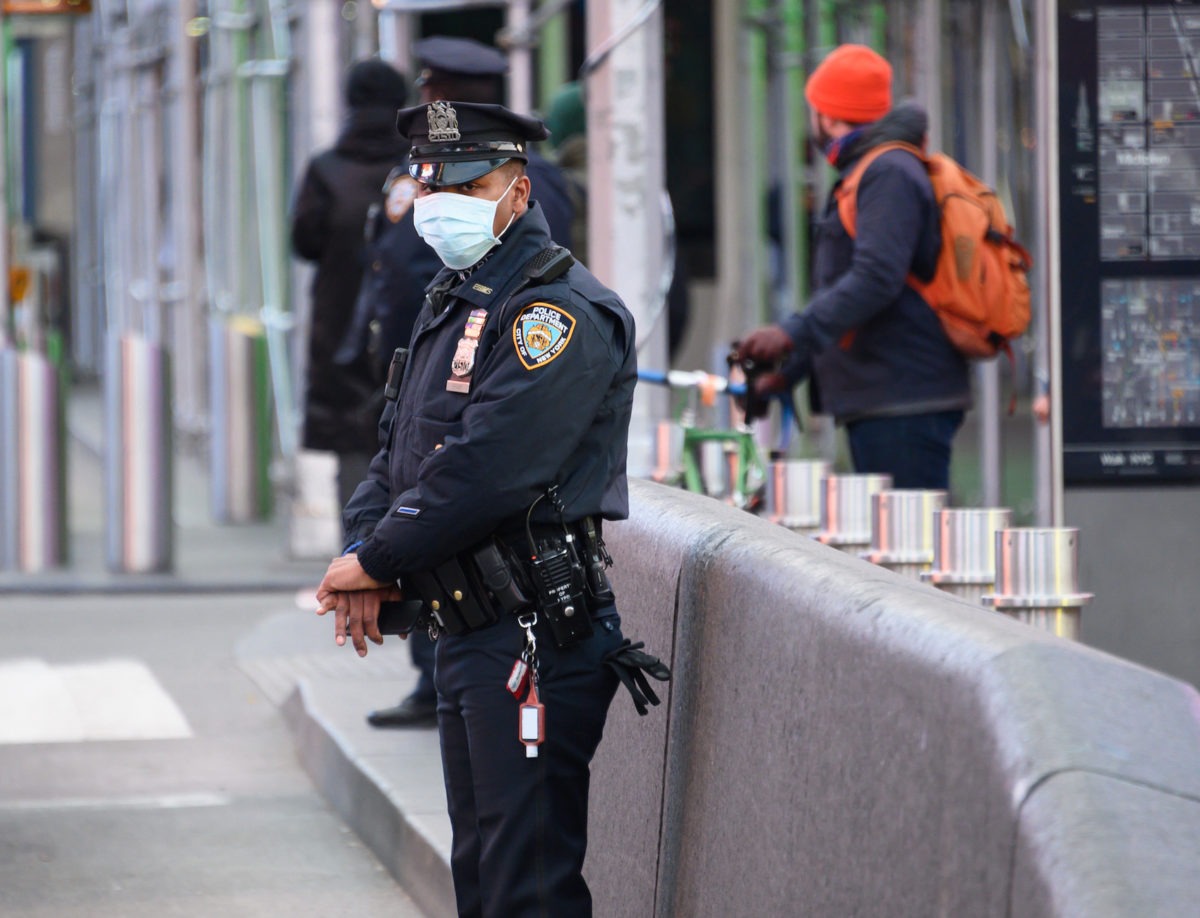
As infections and deaths mount, state leaders and law enforcement are turning to tough-on-crime tactics in the face of the COVID-19 outbreak.